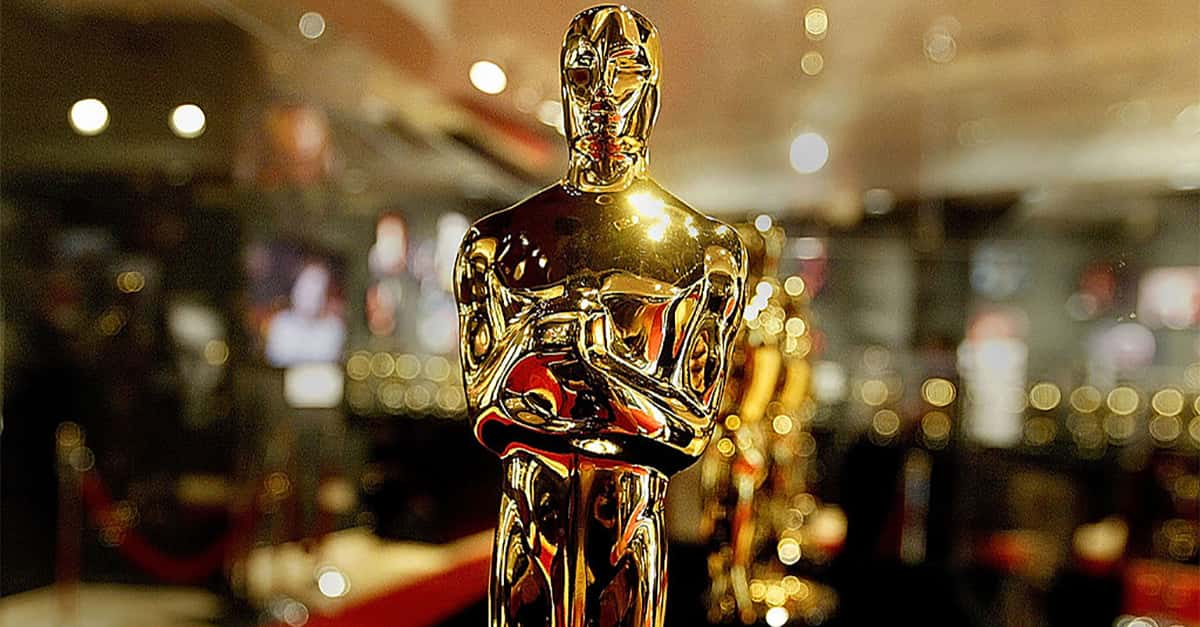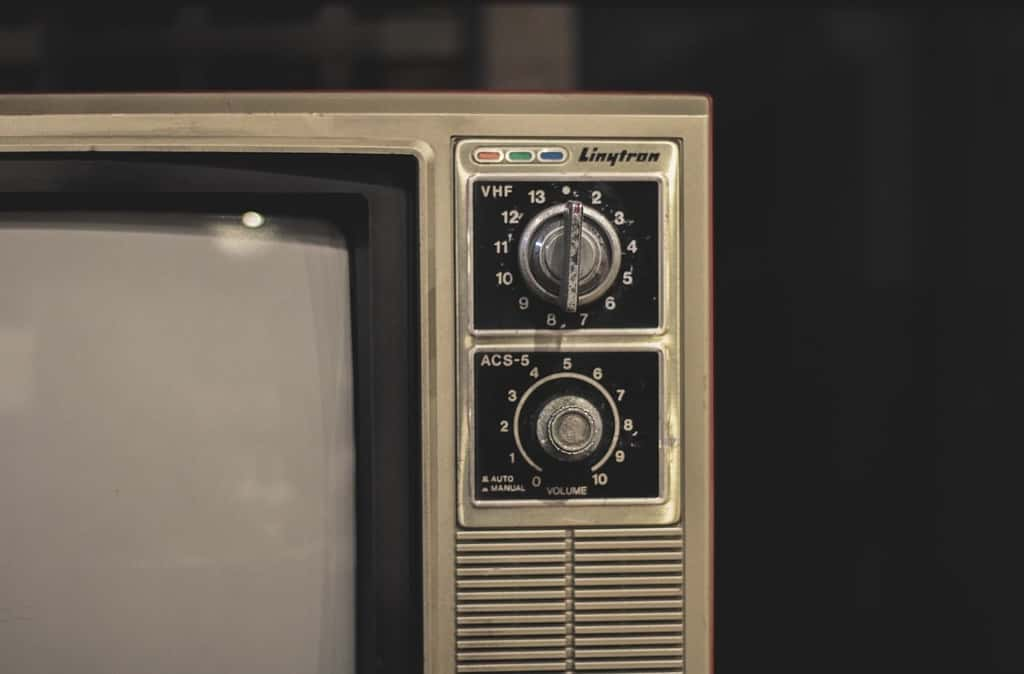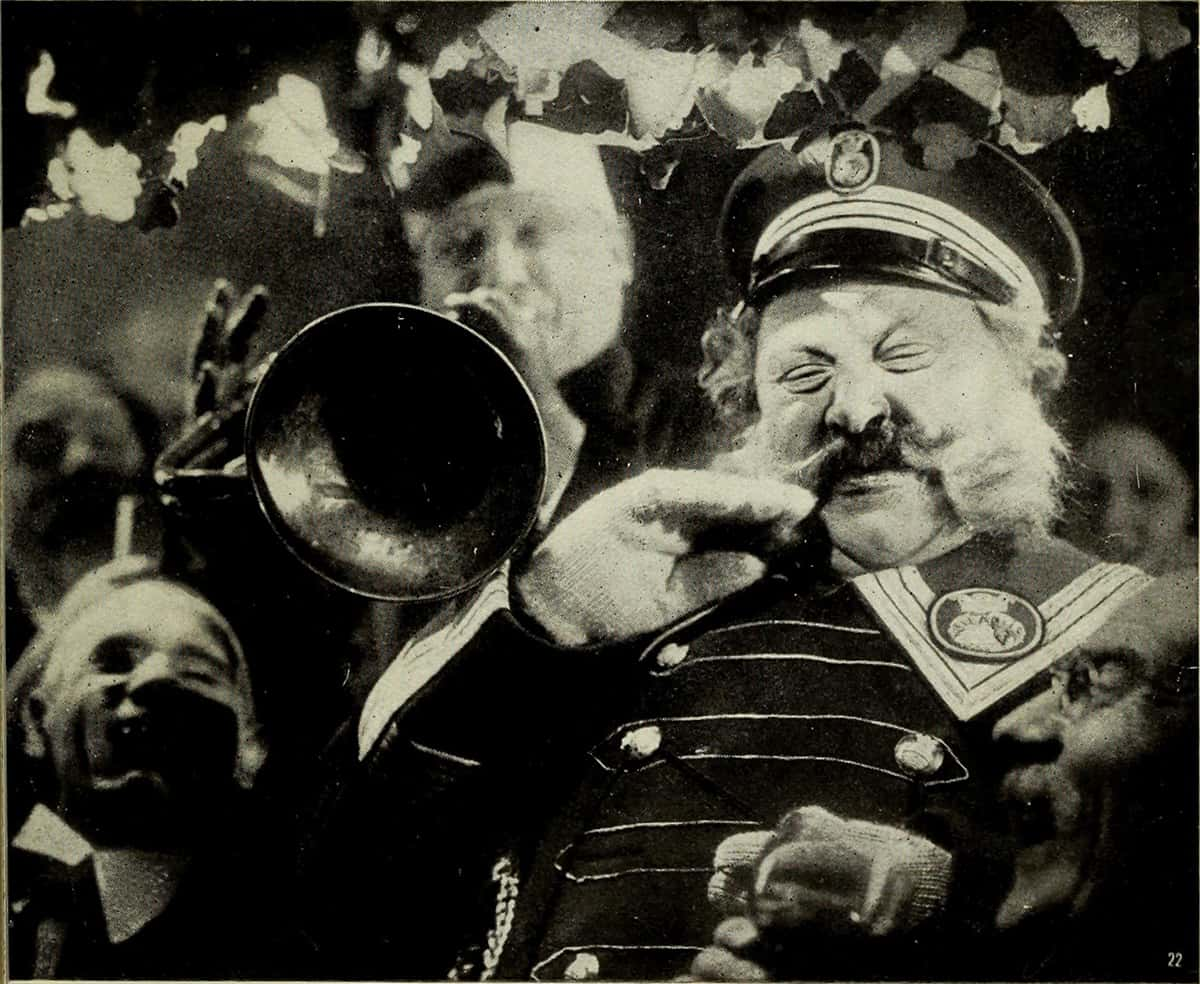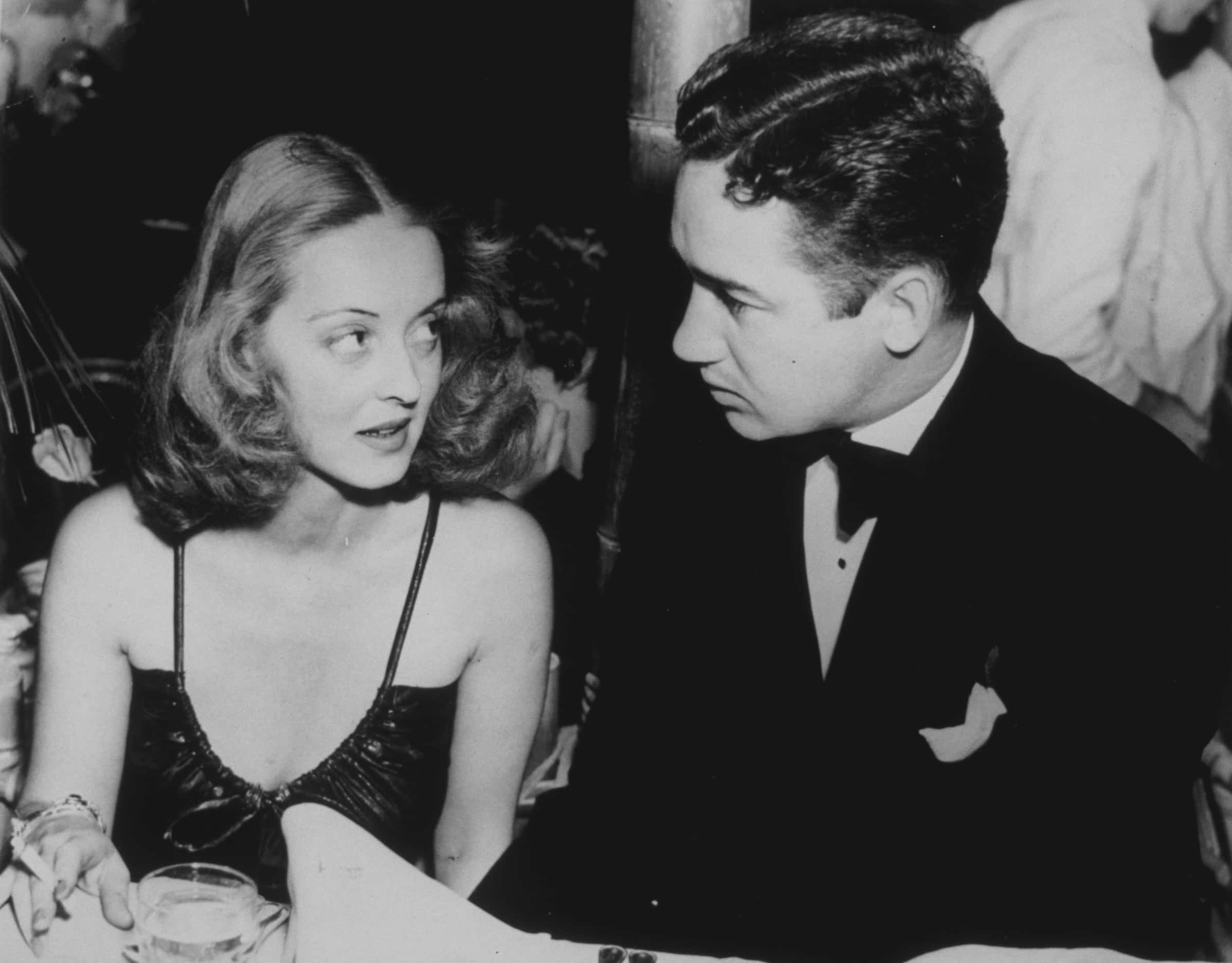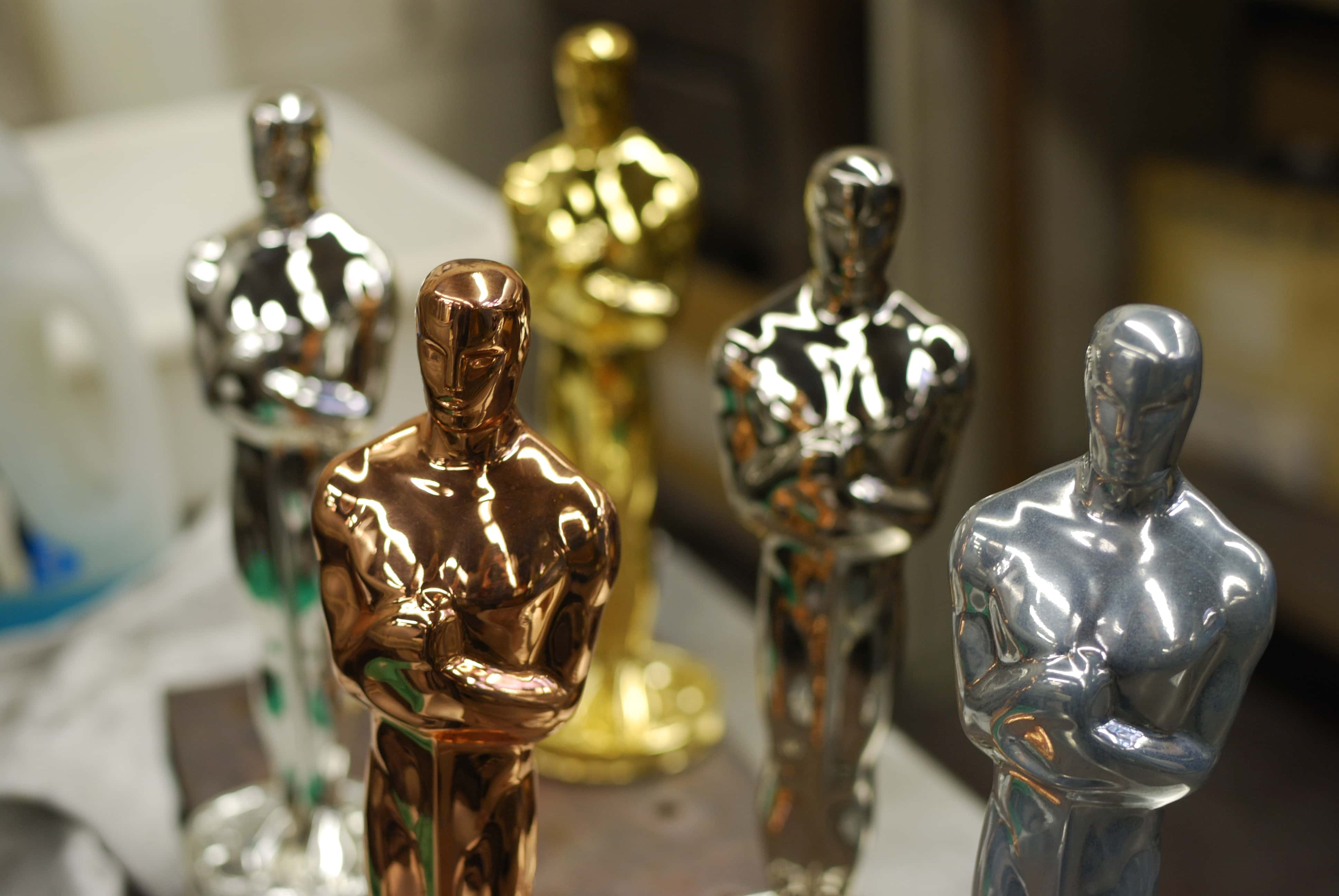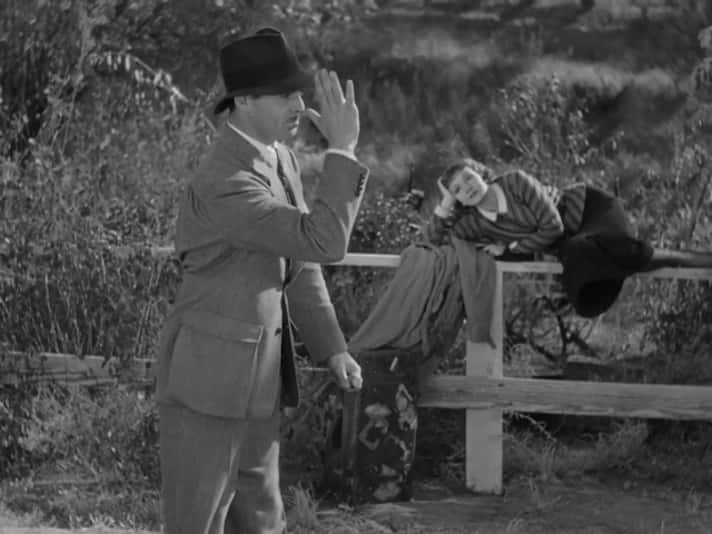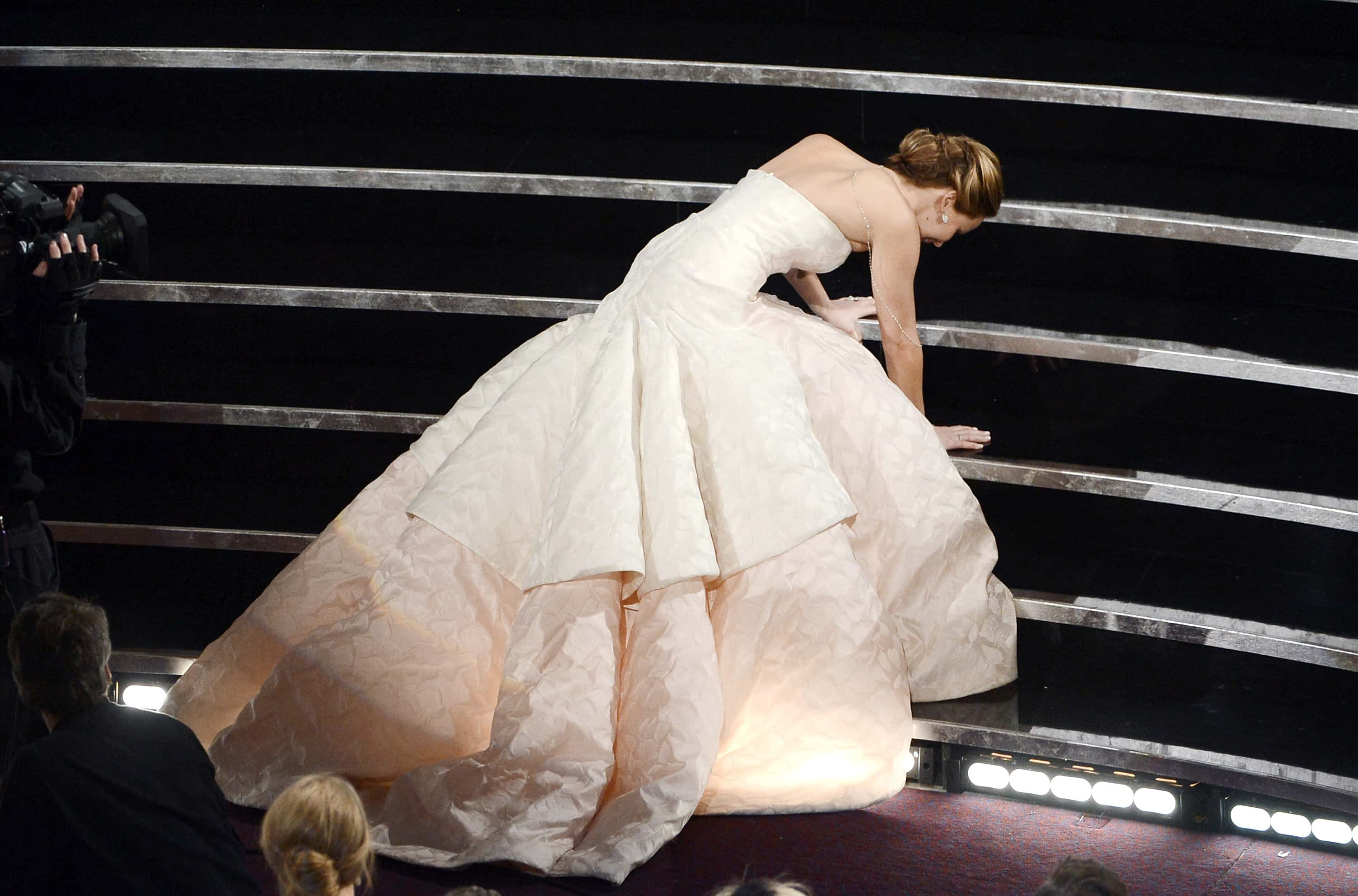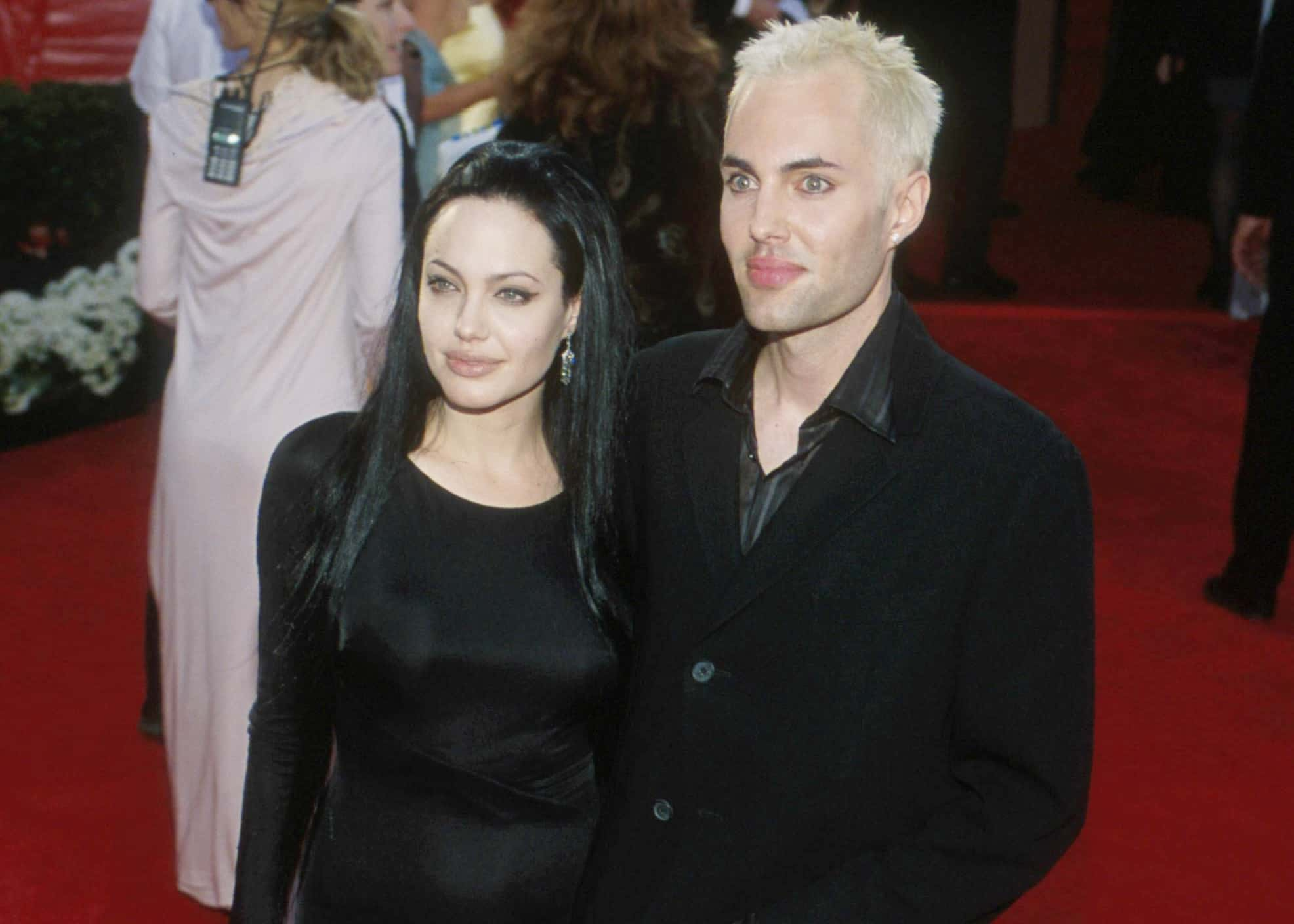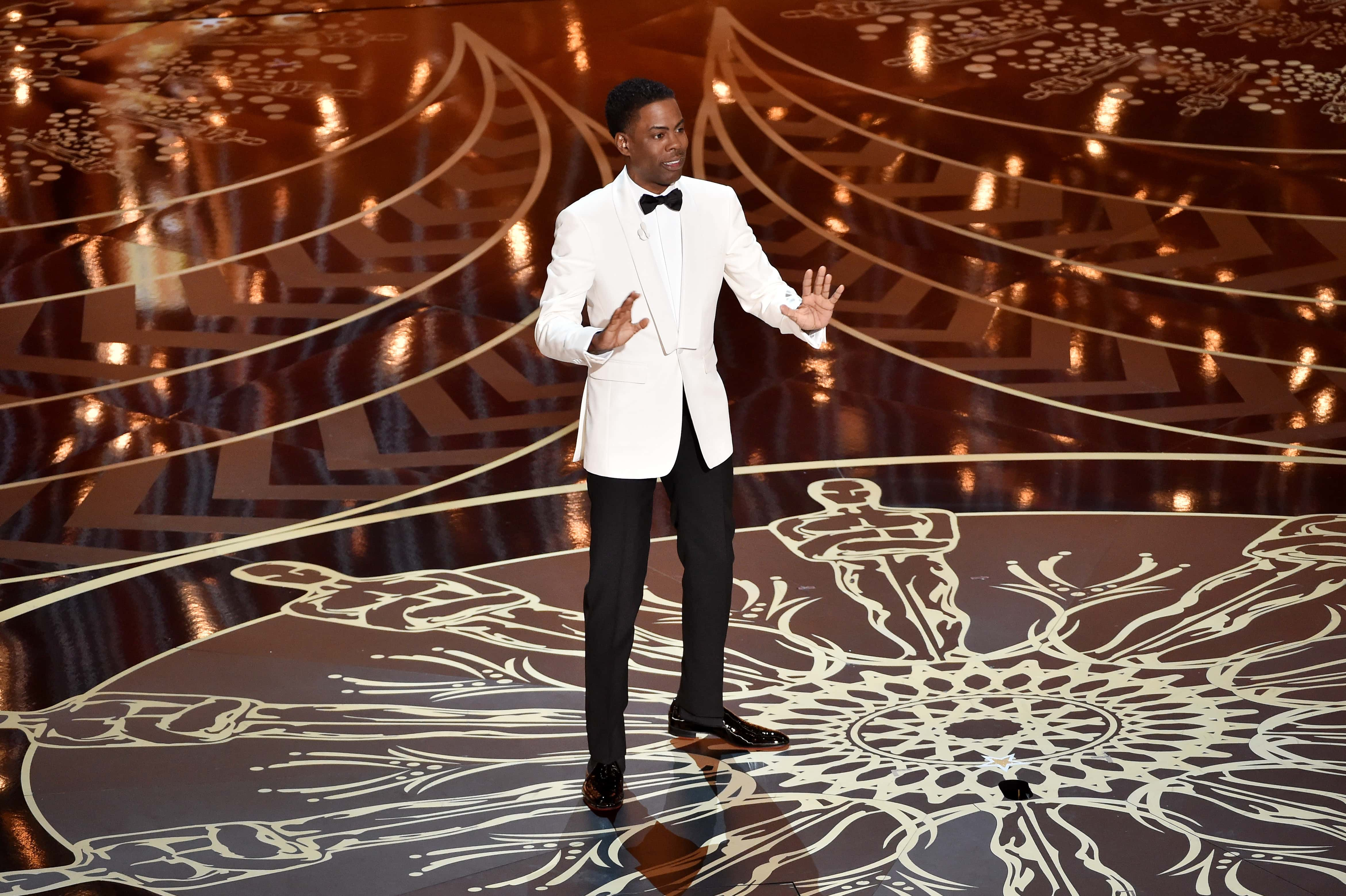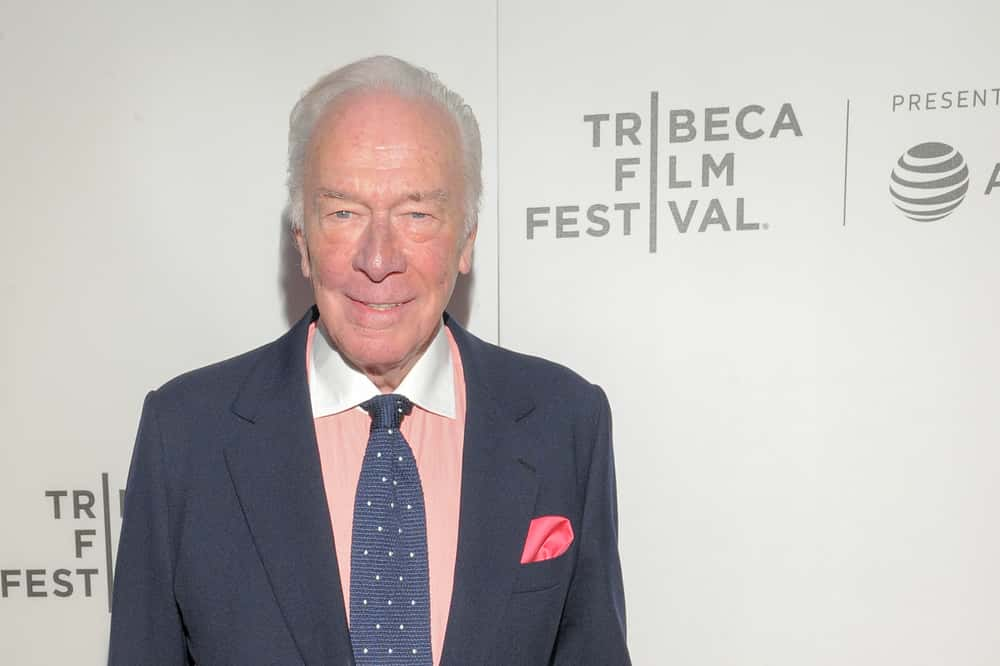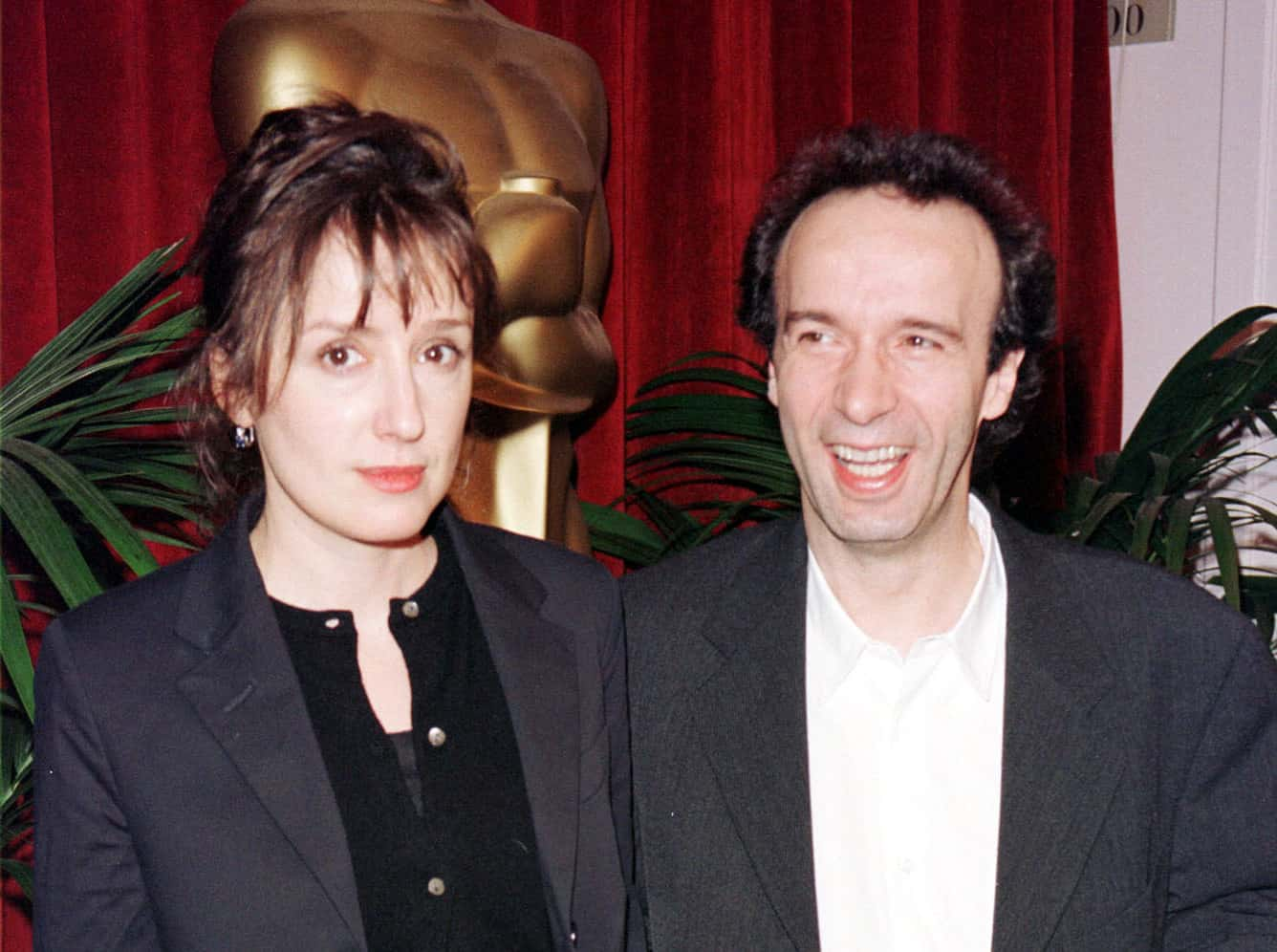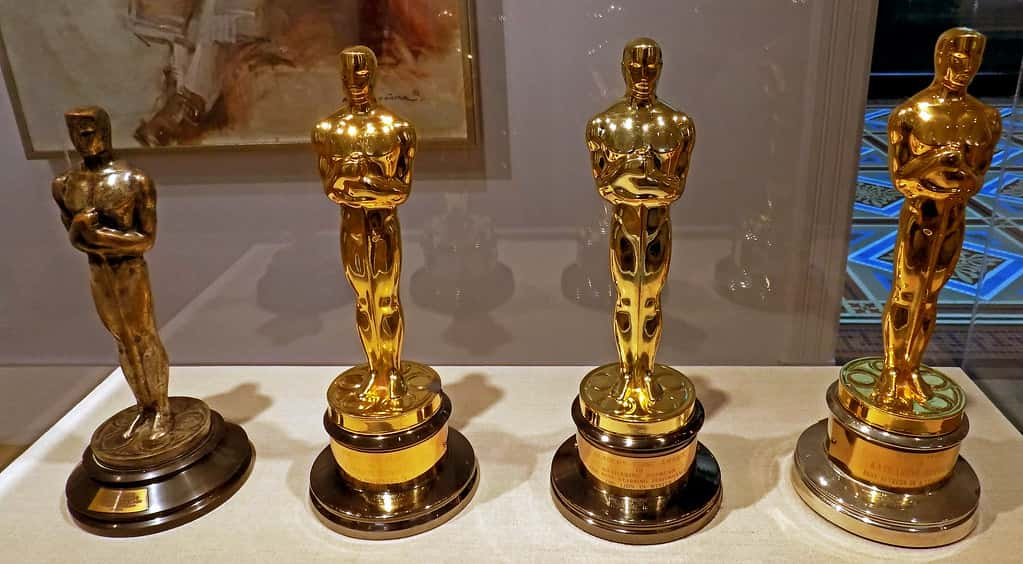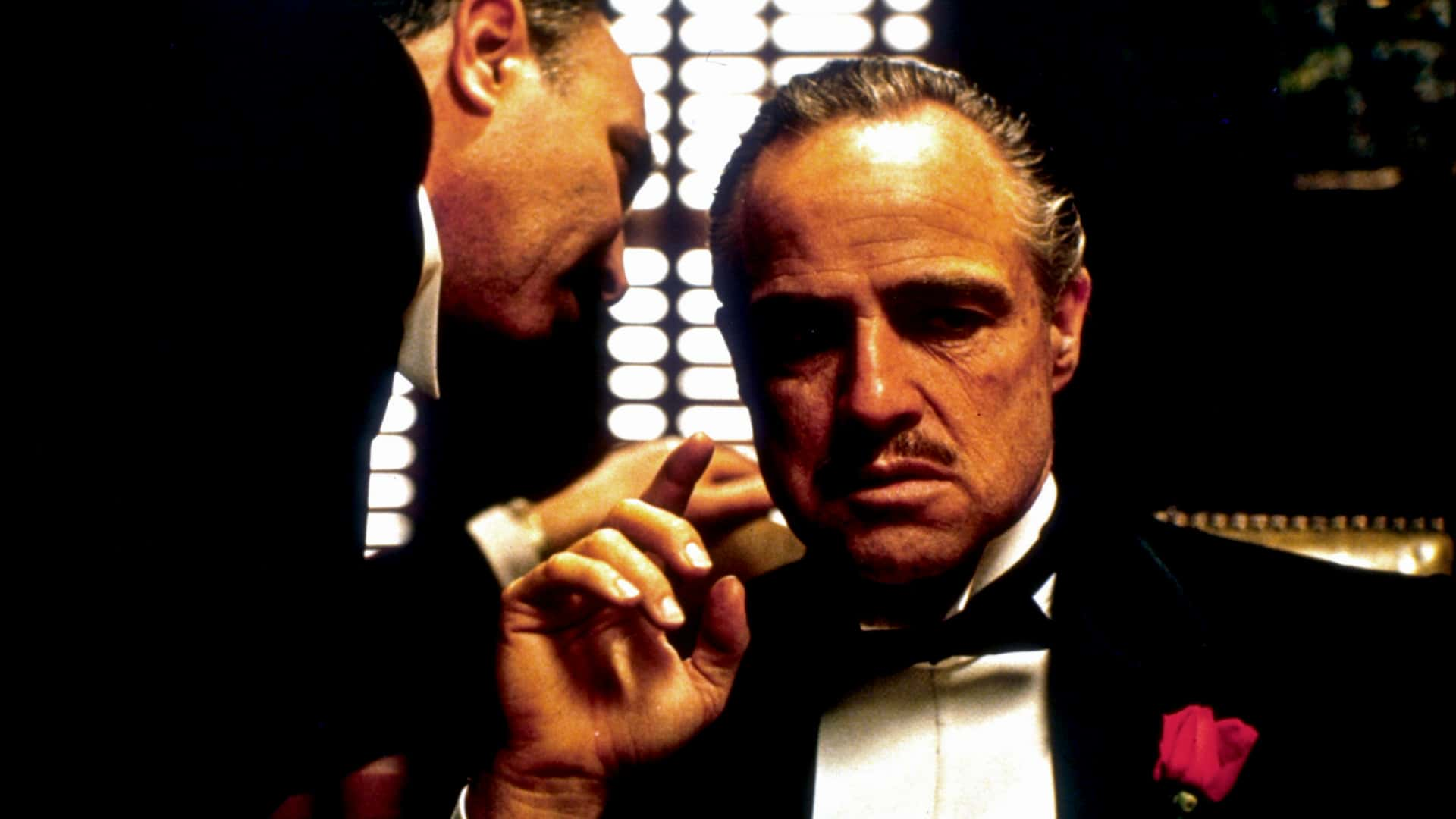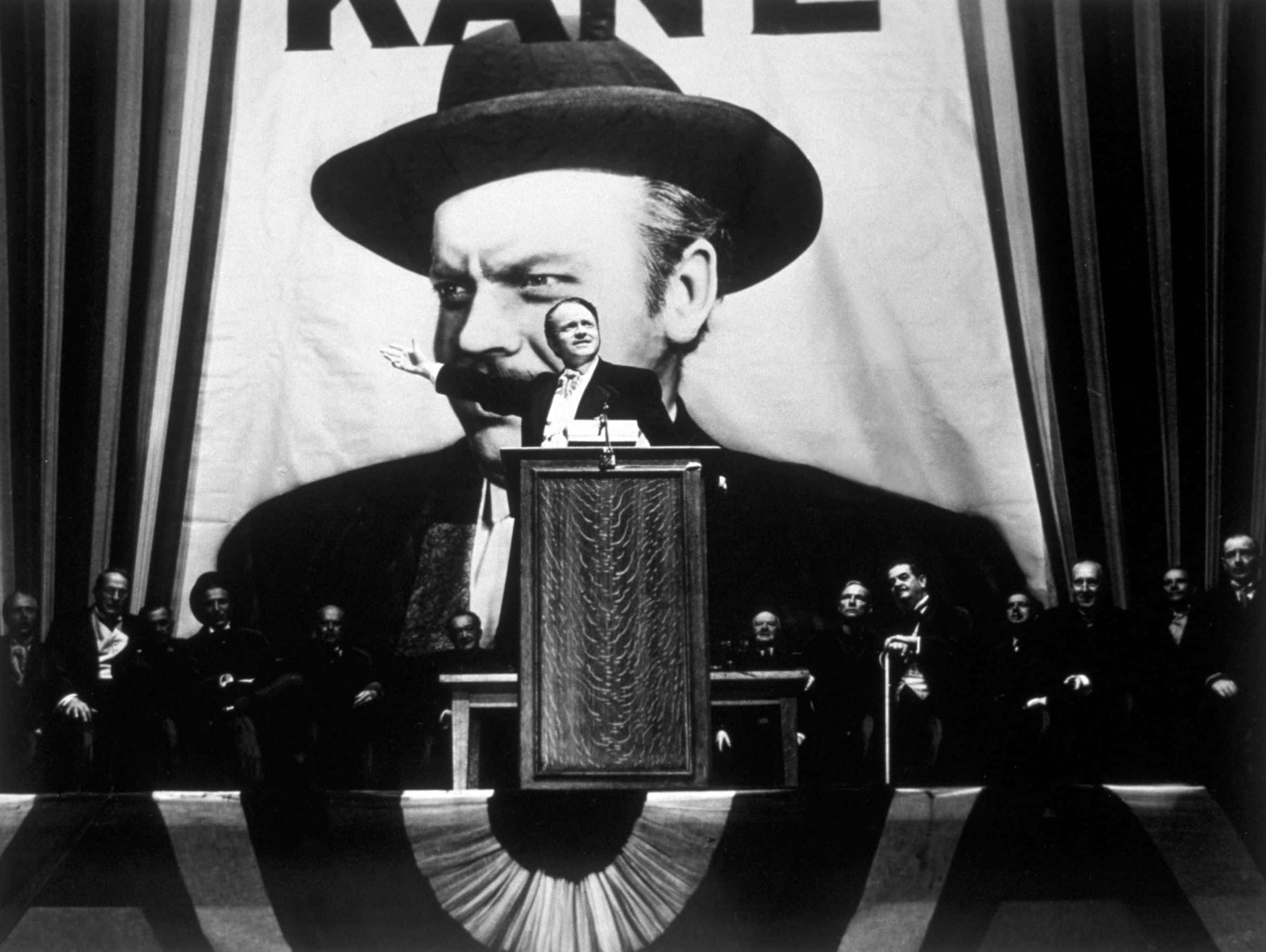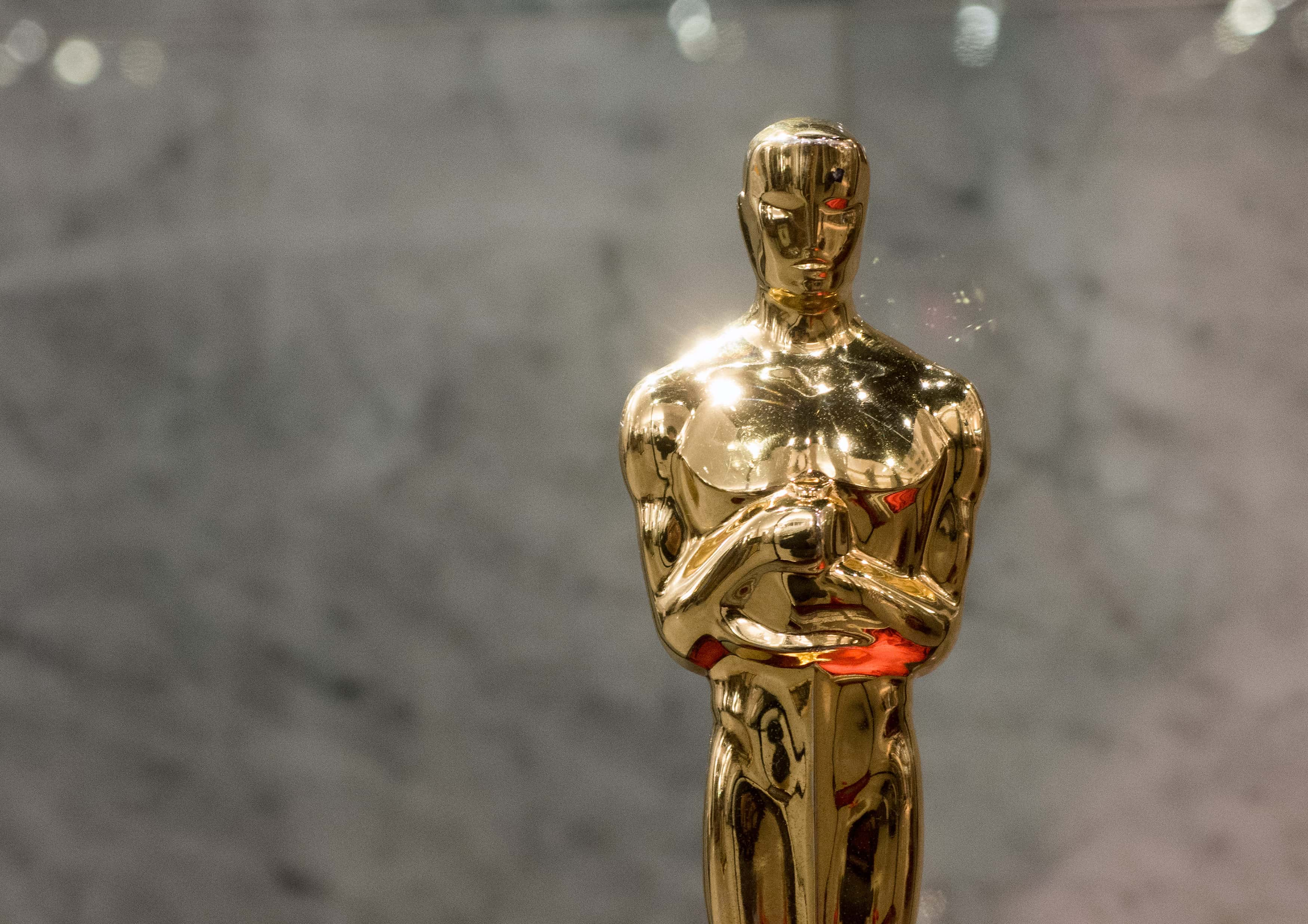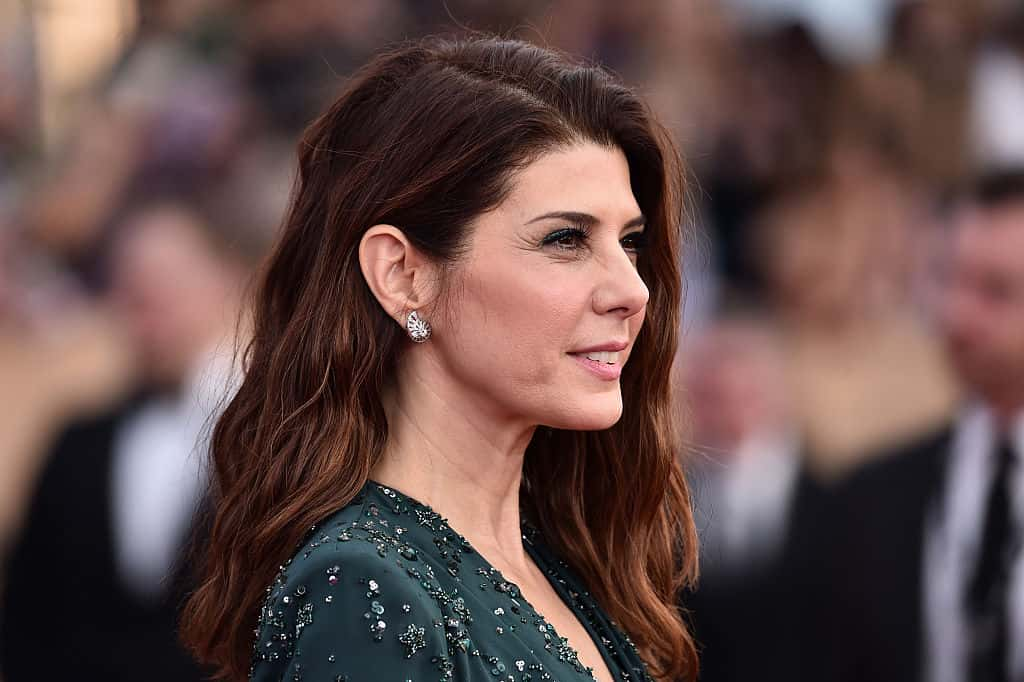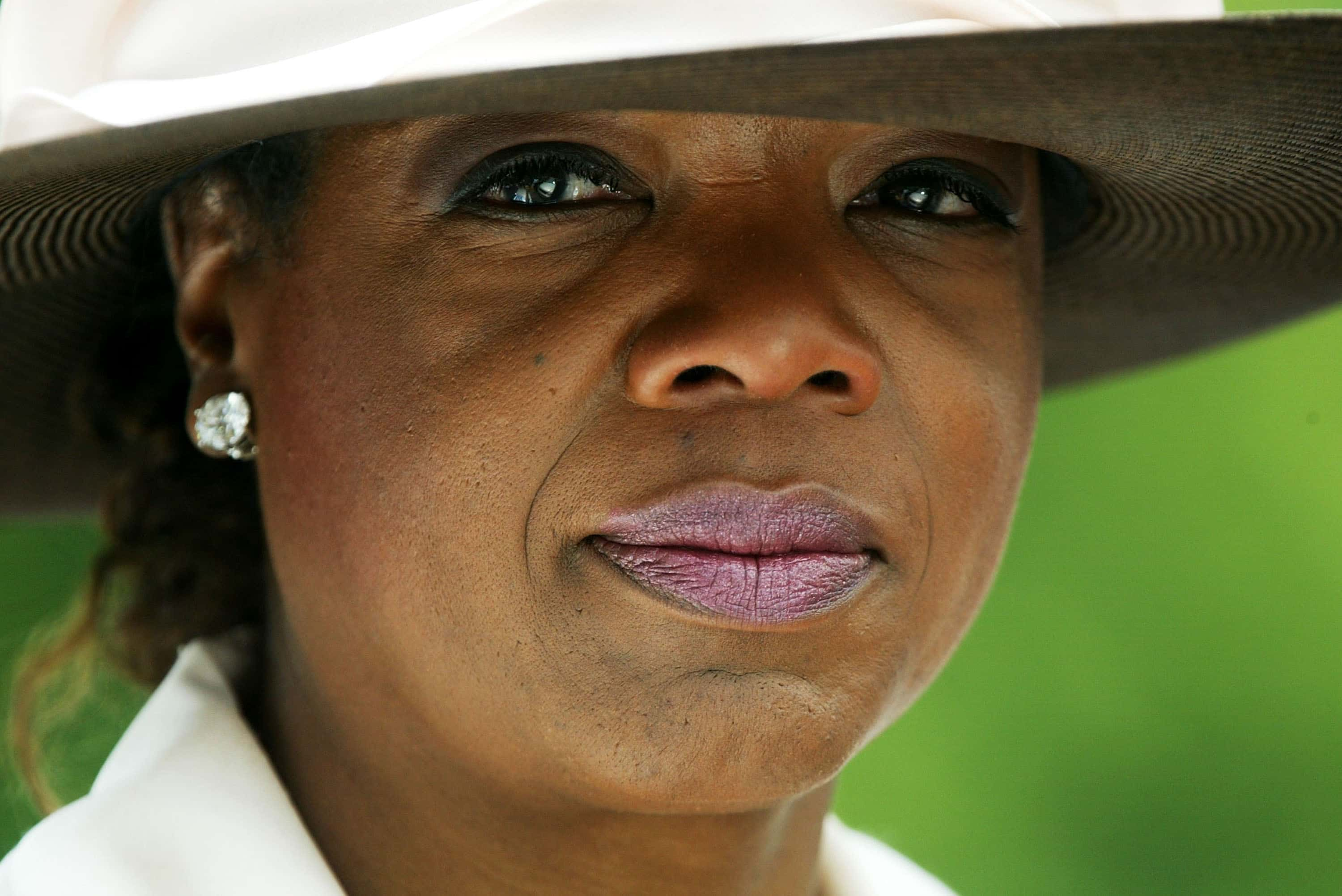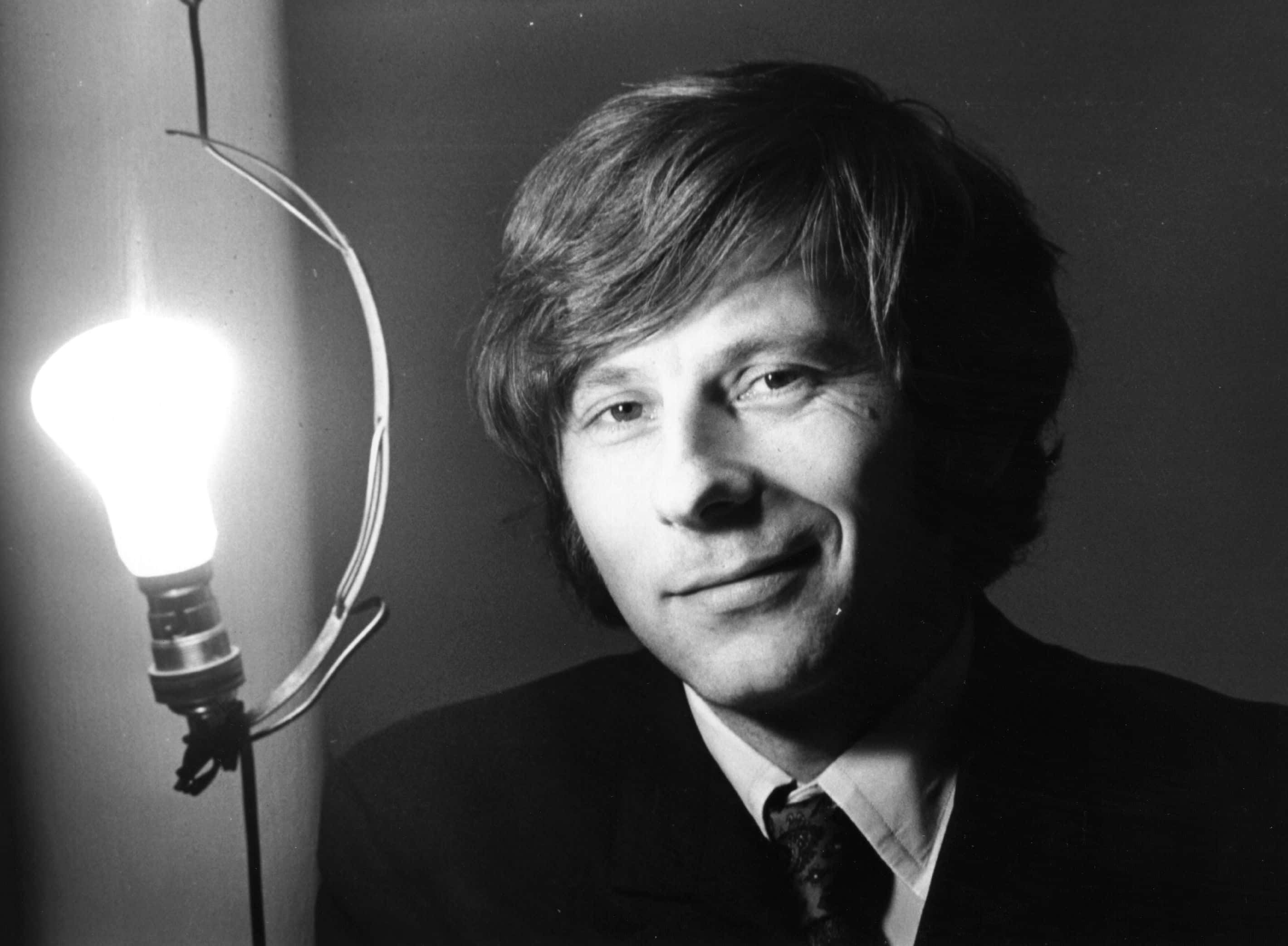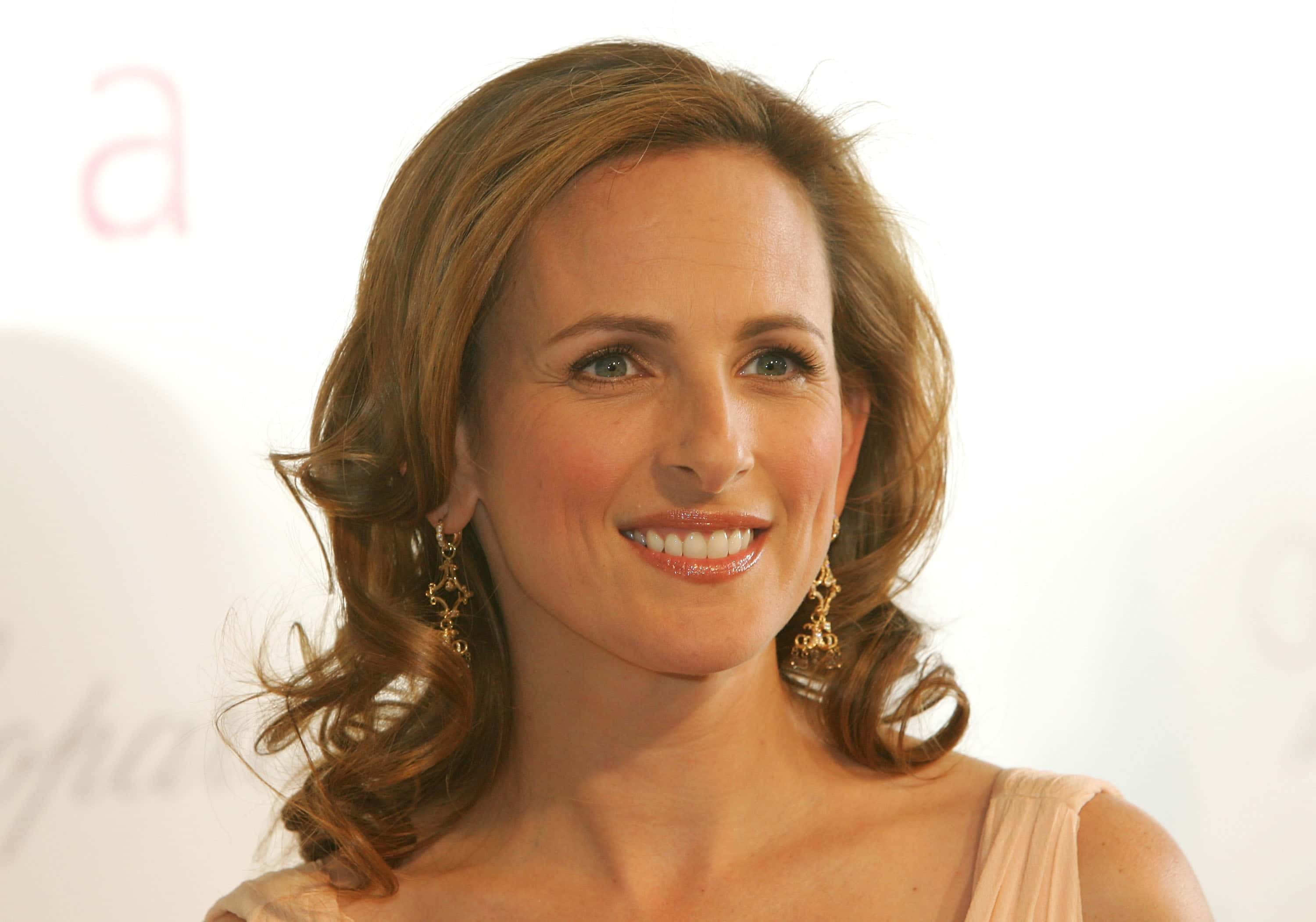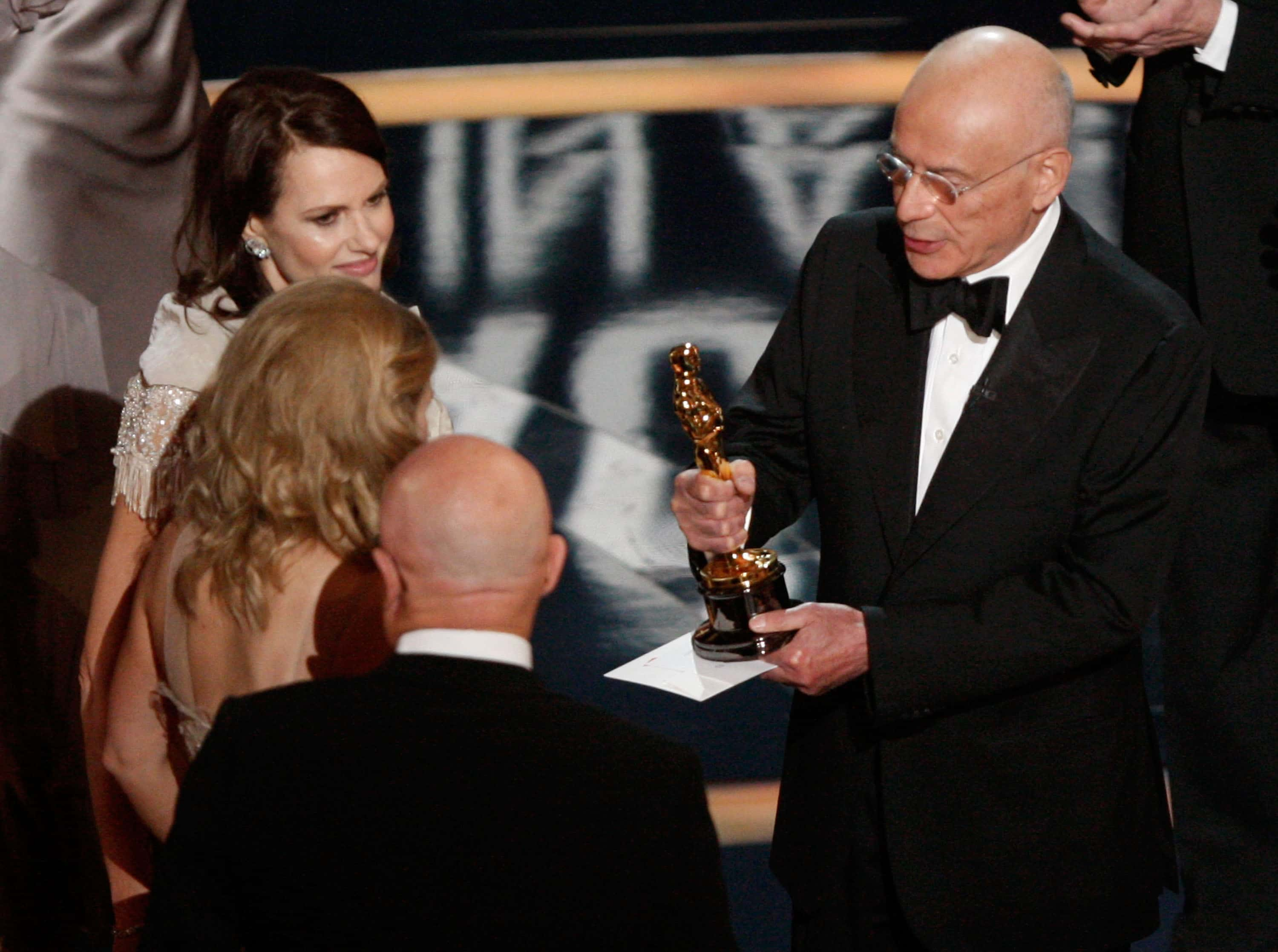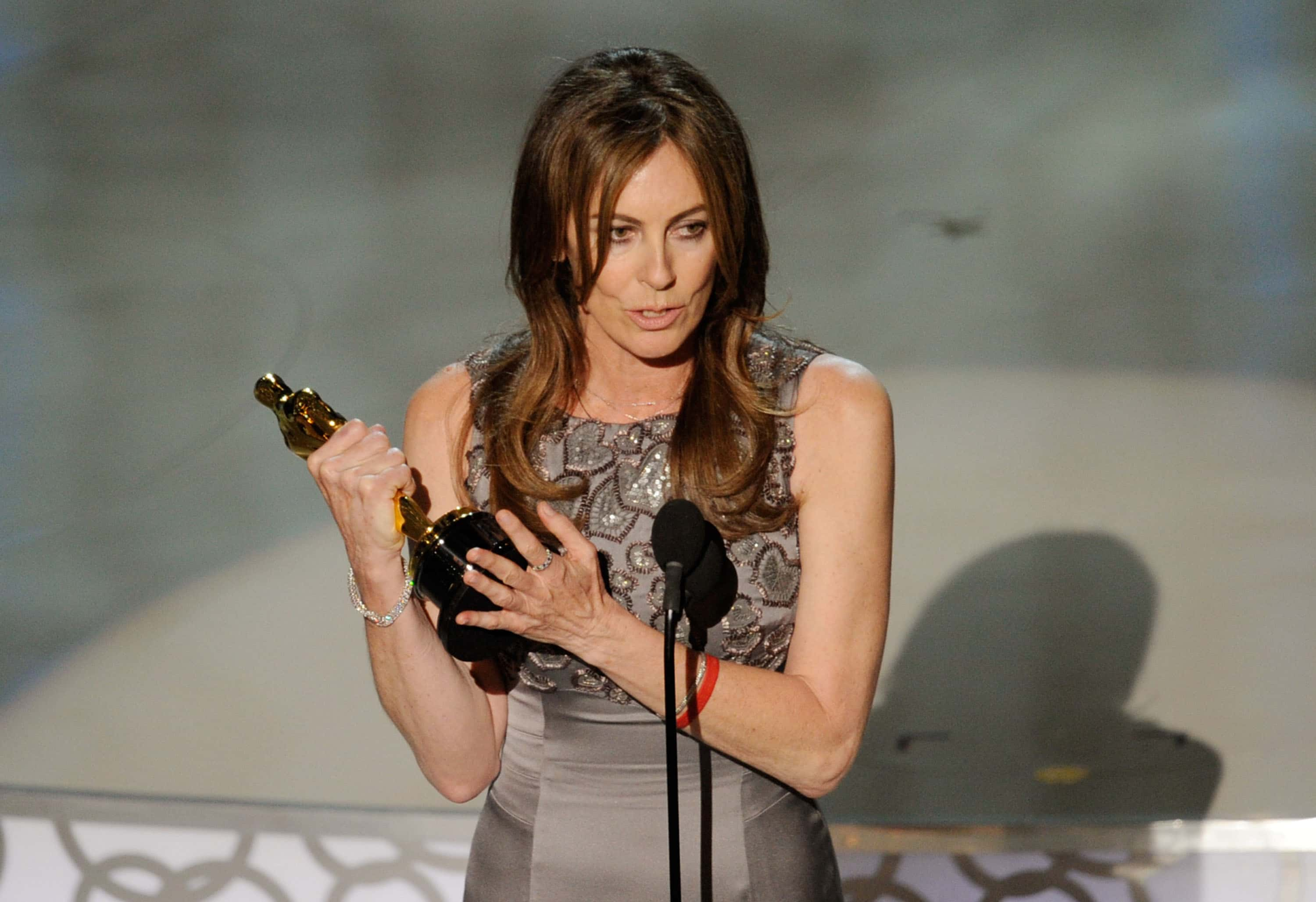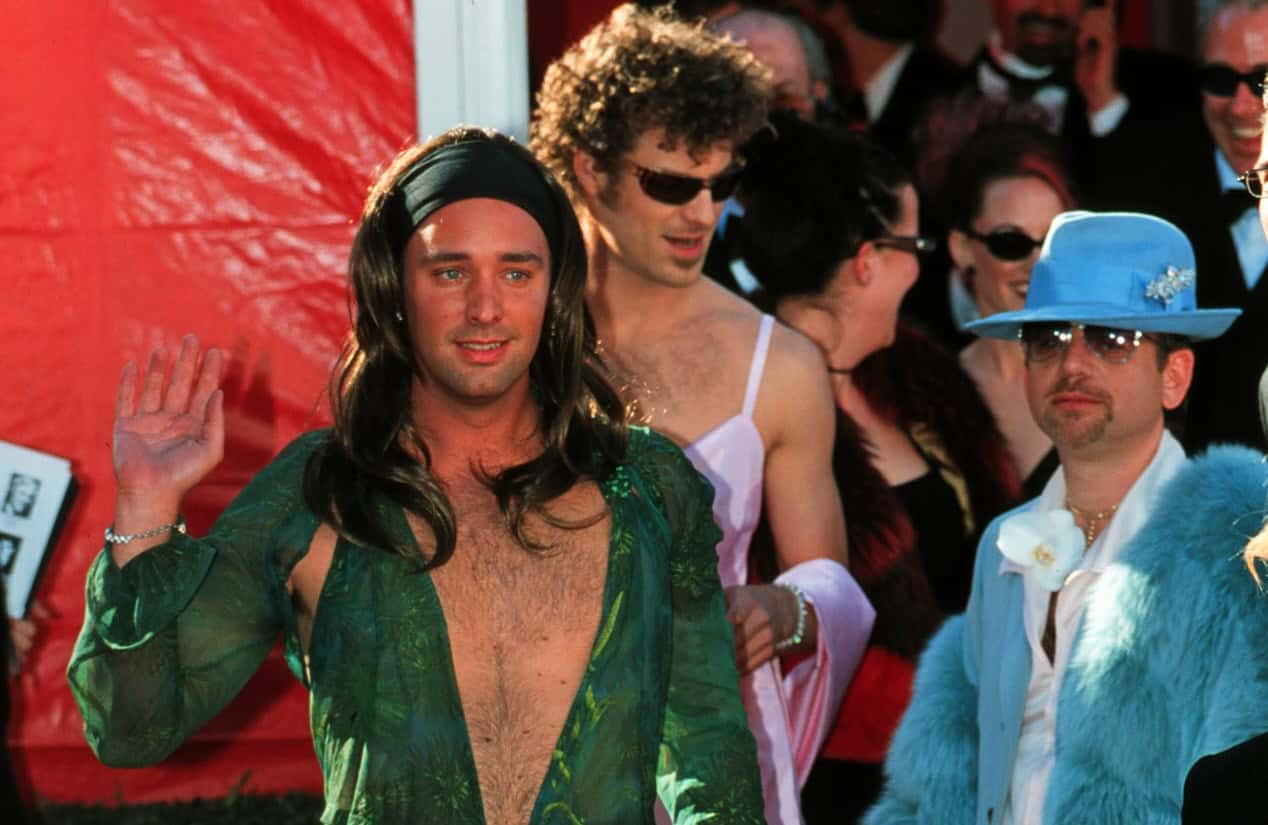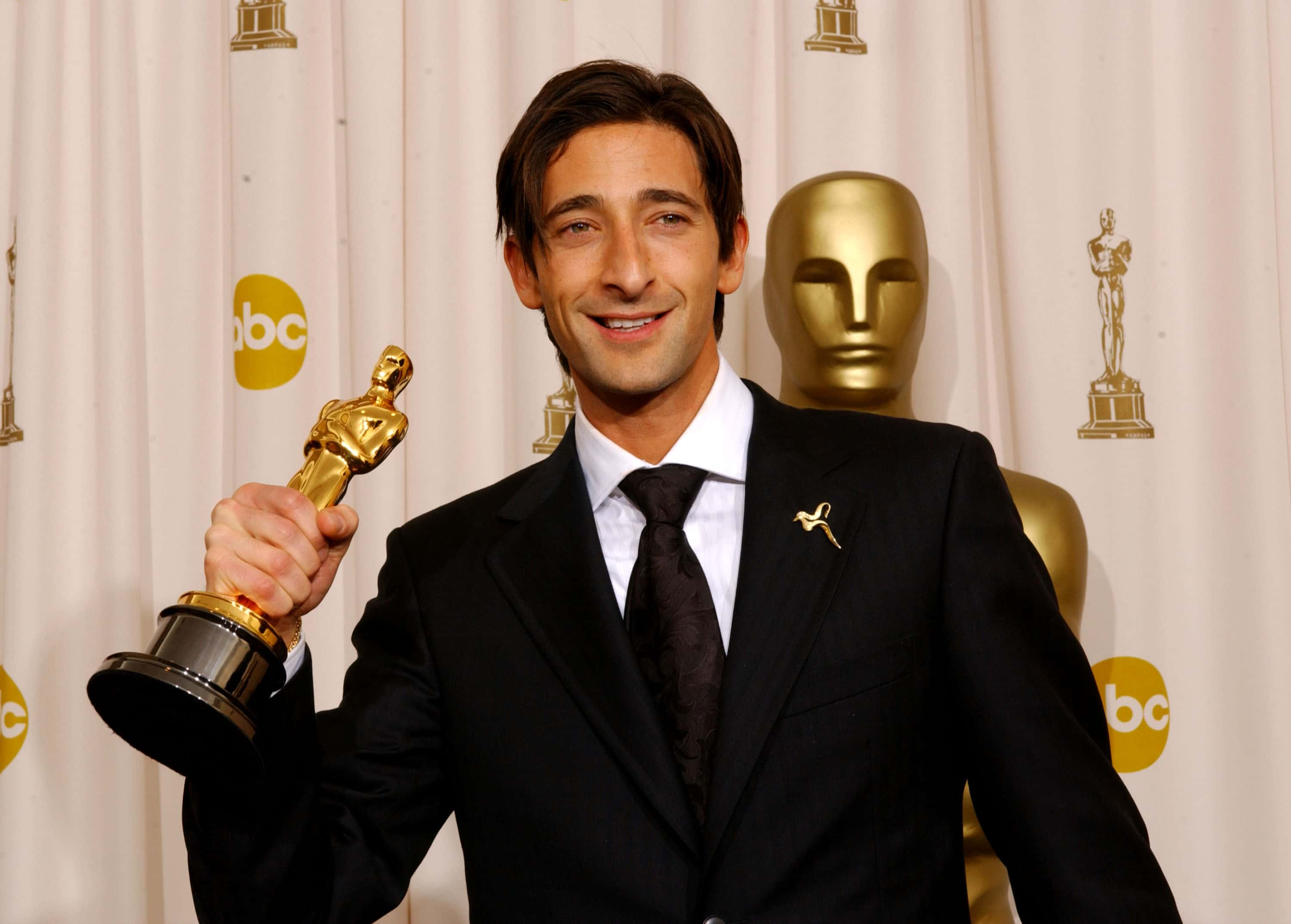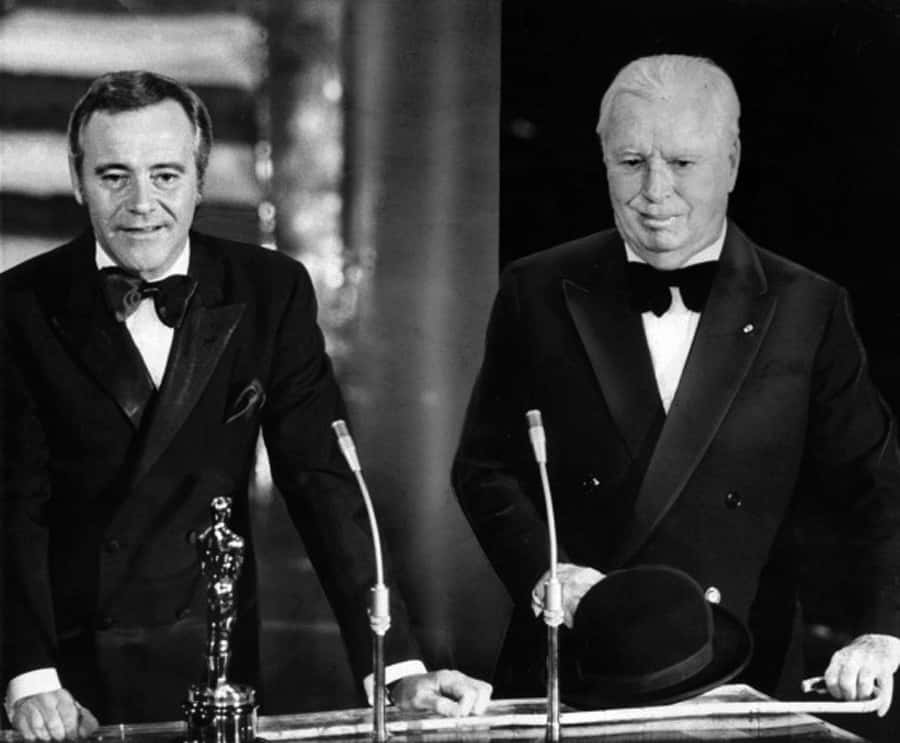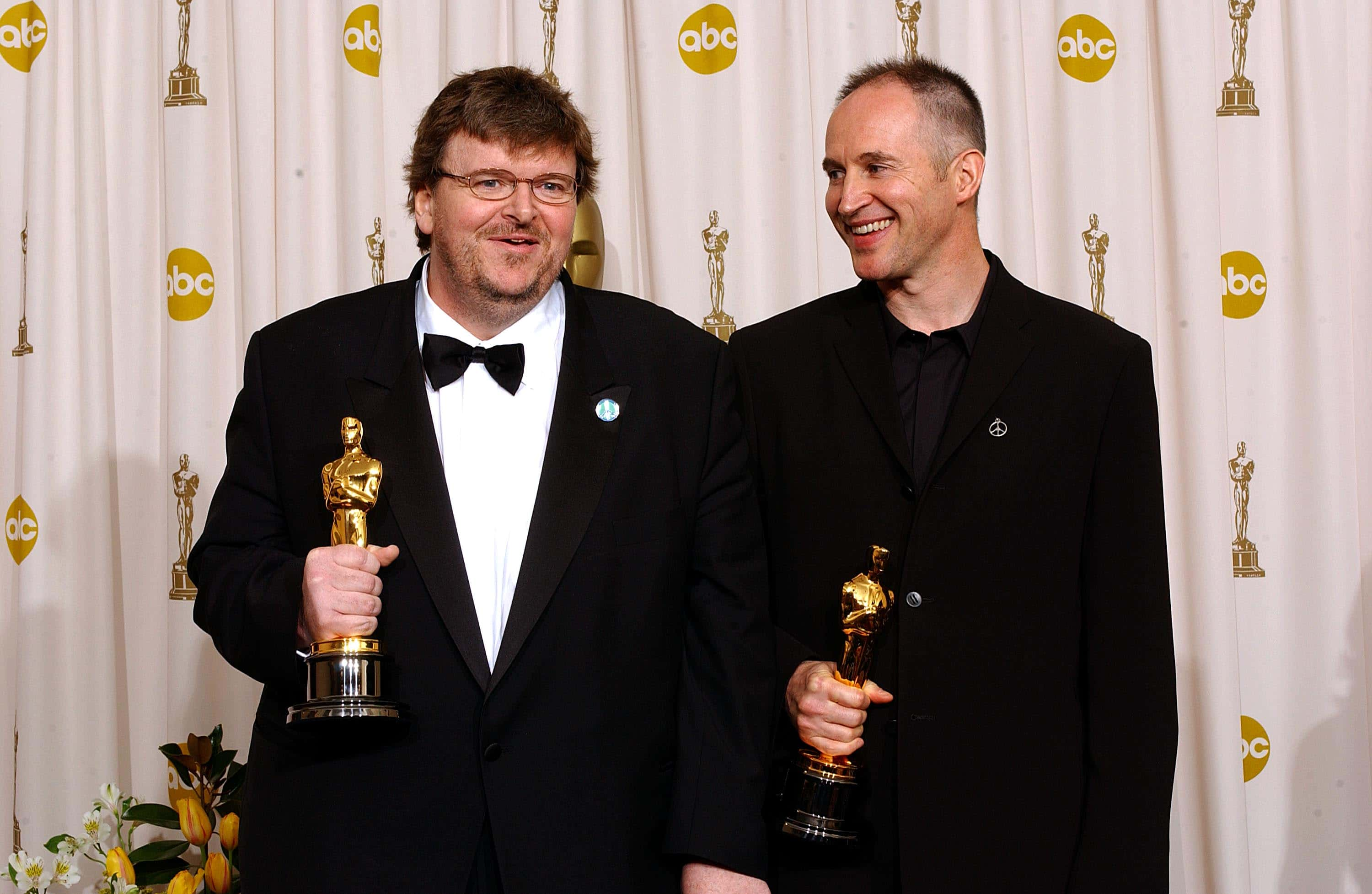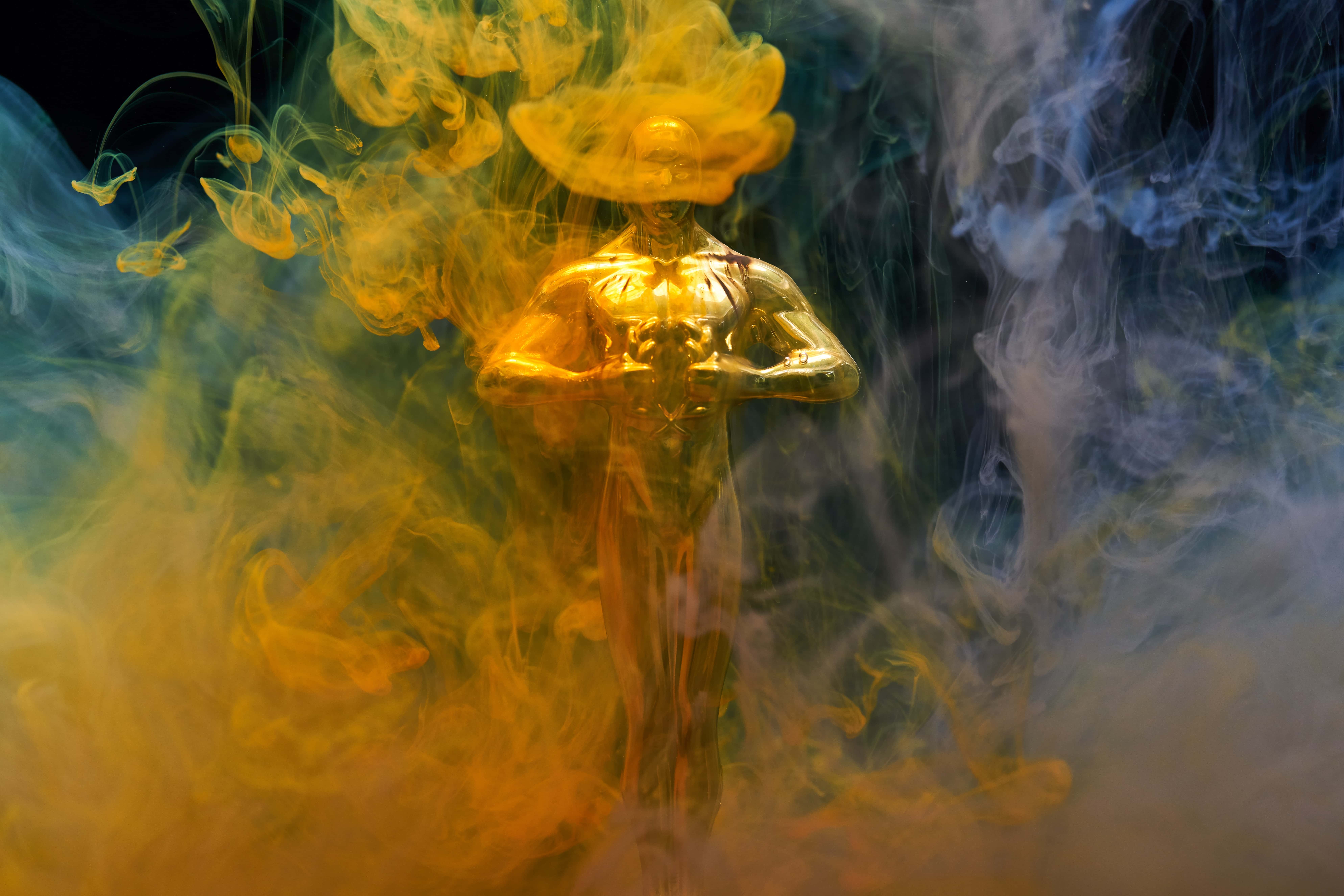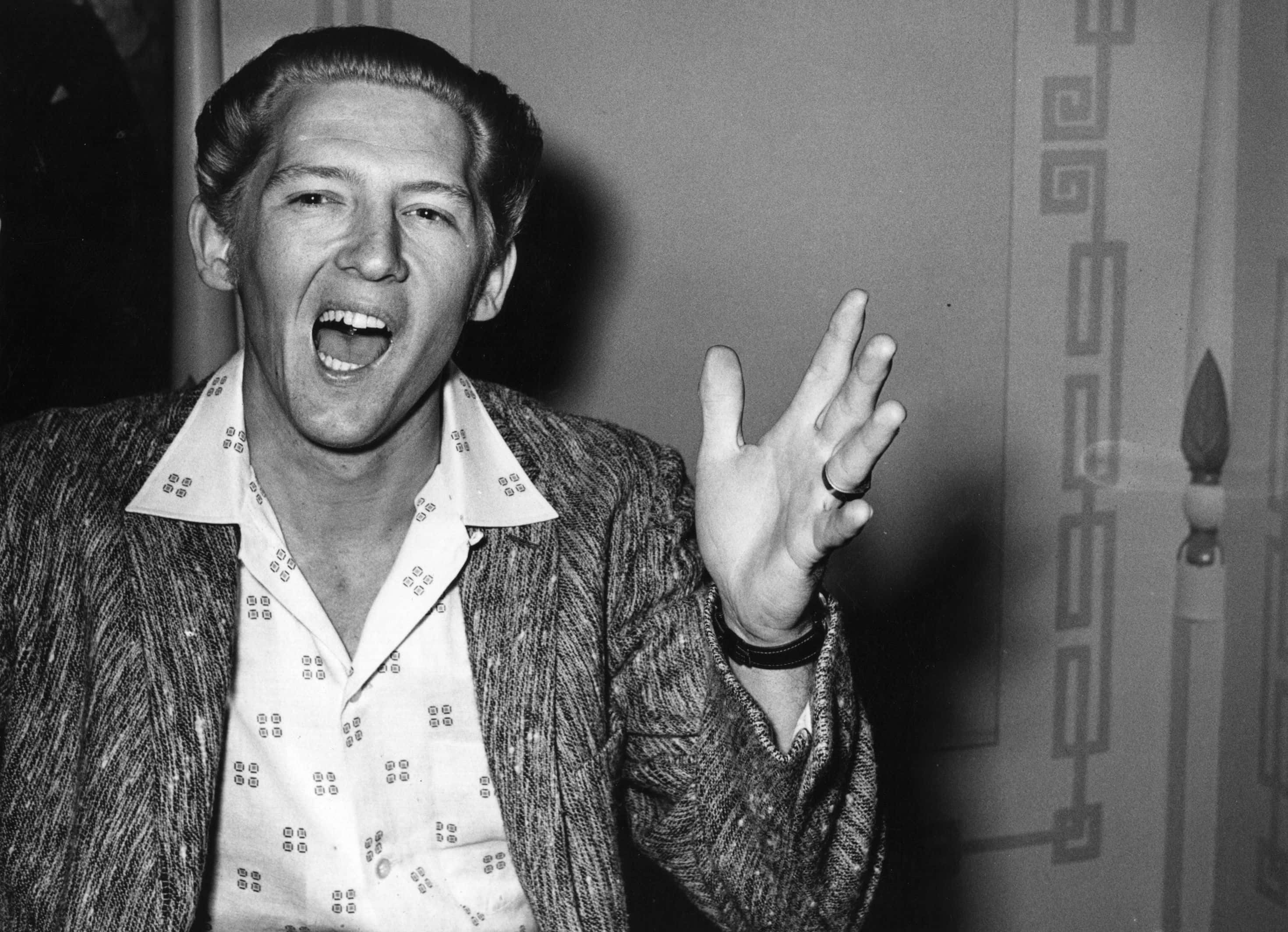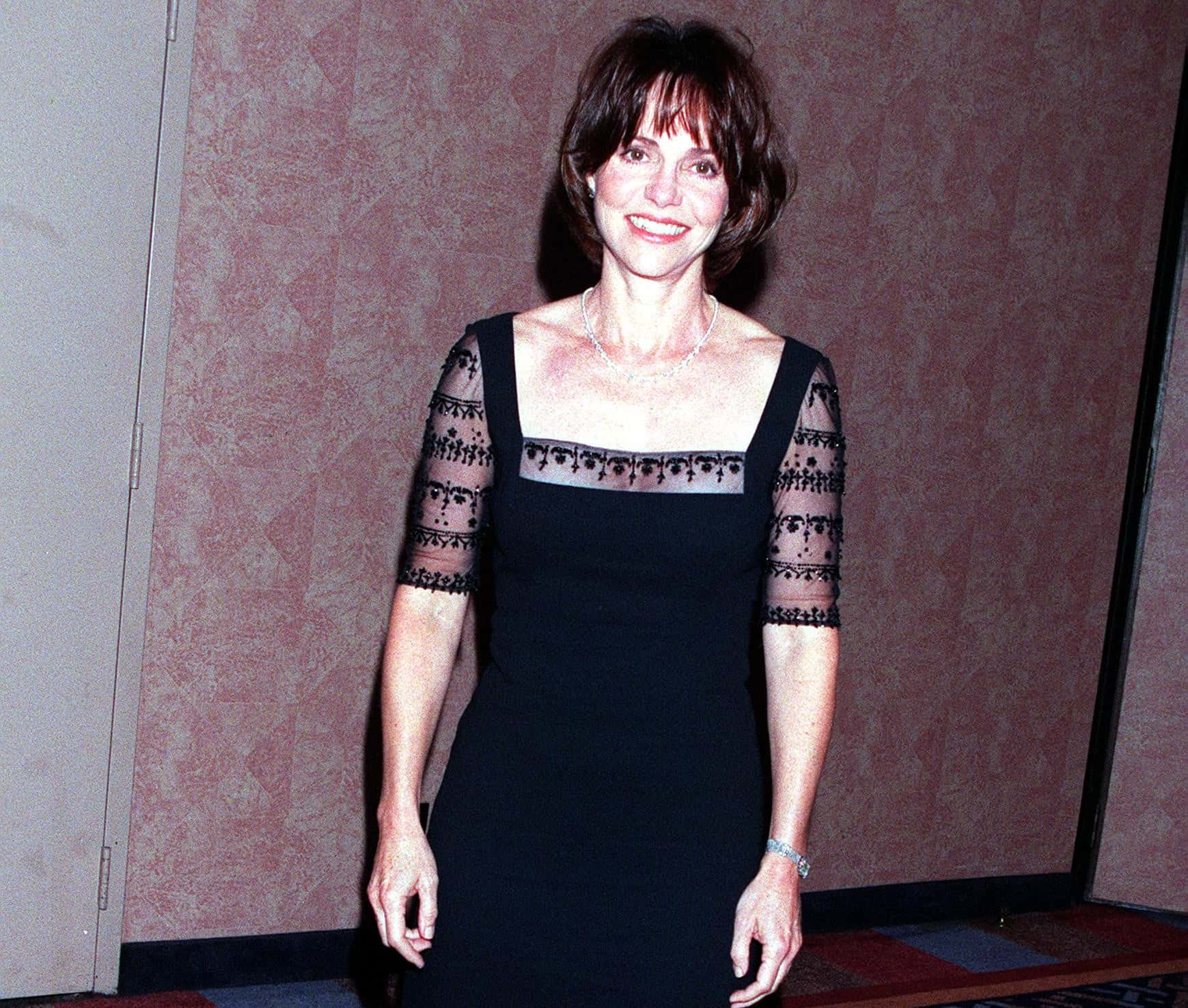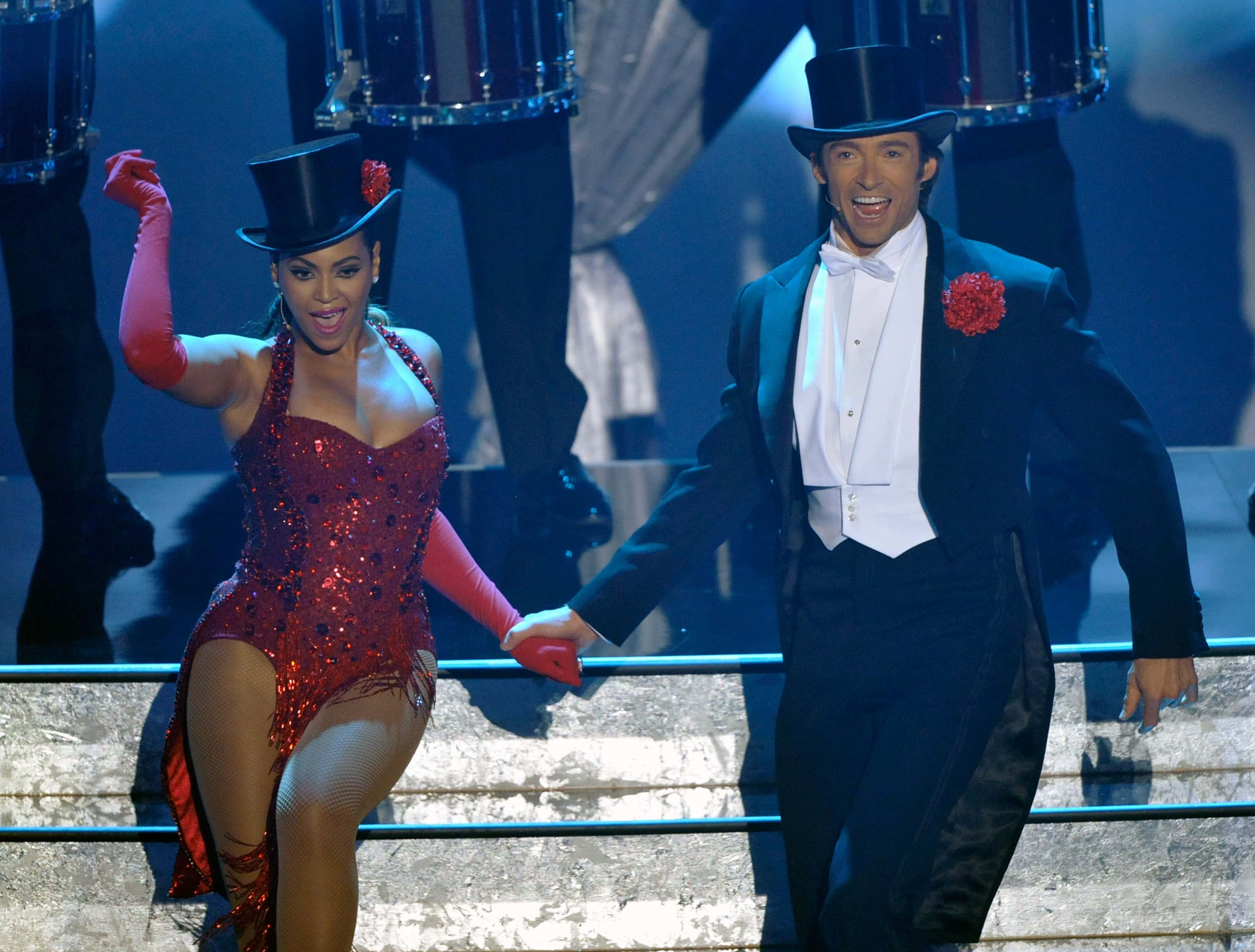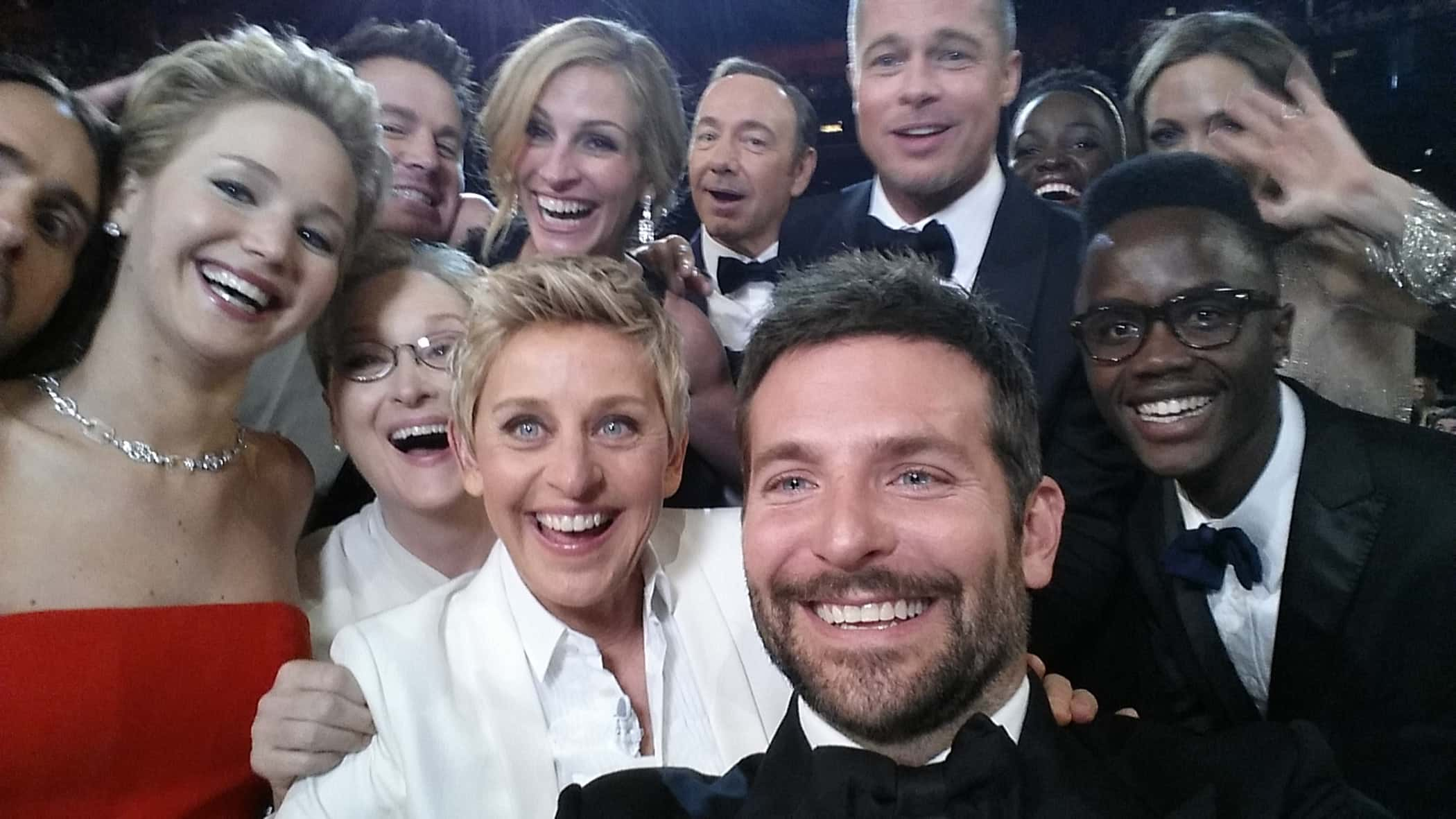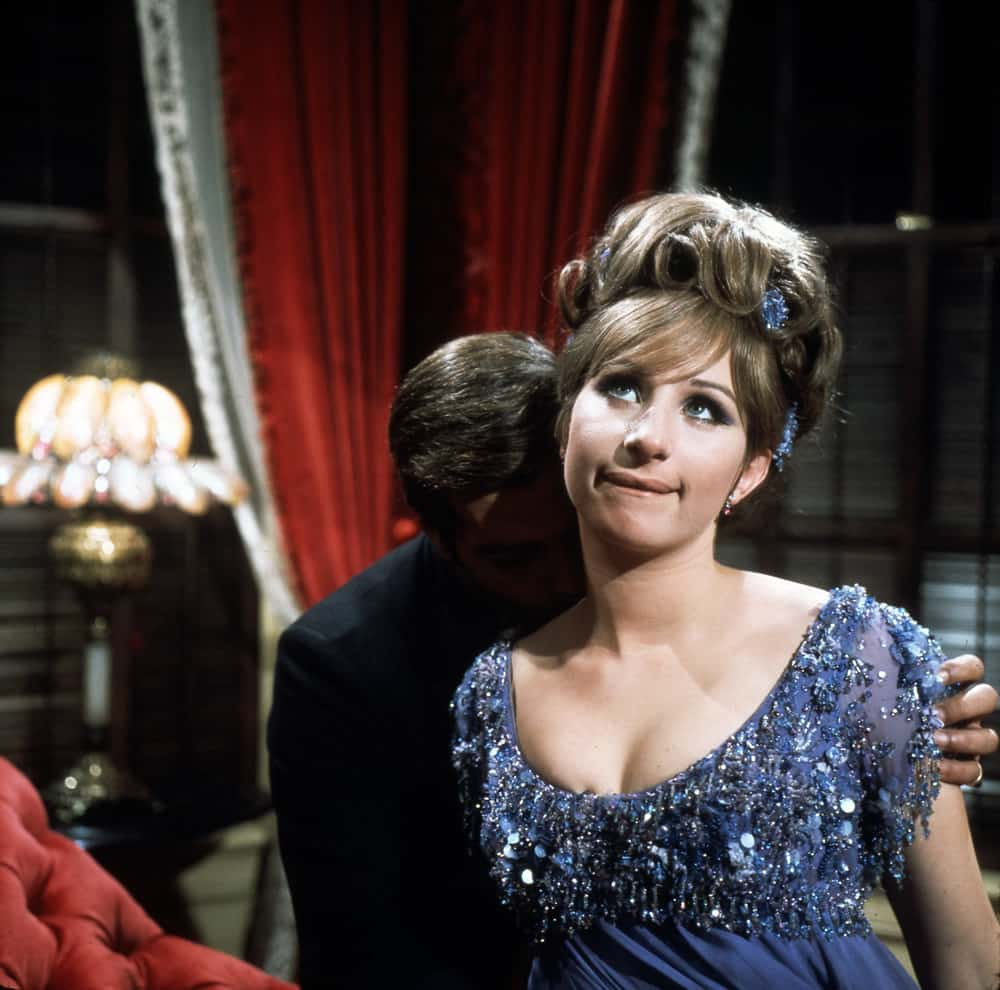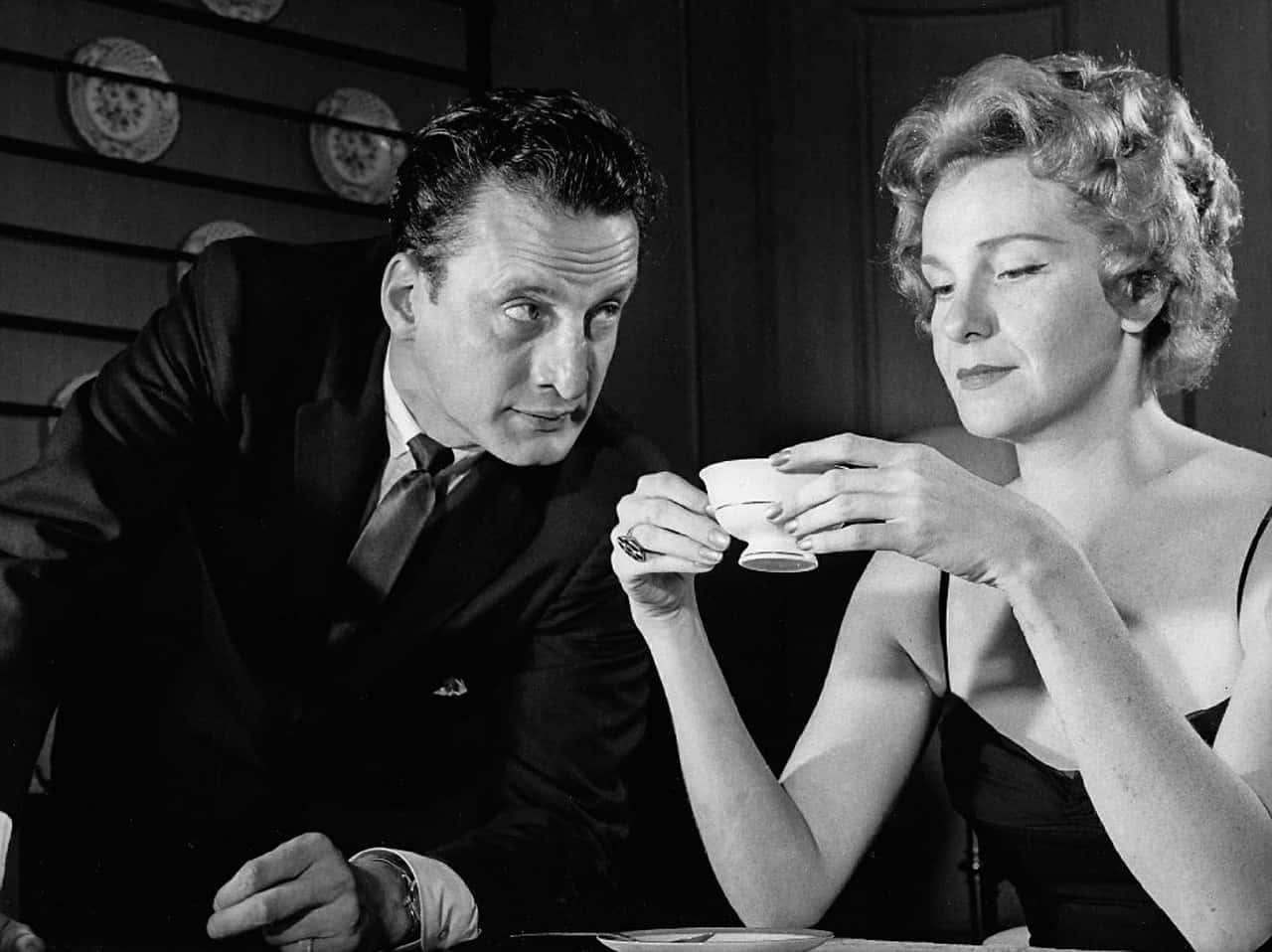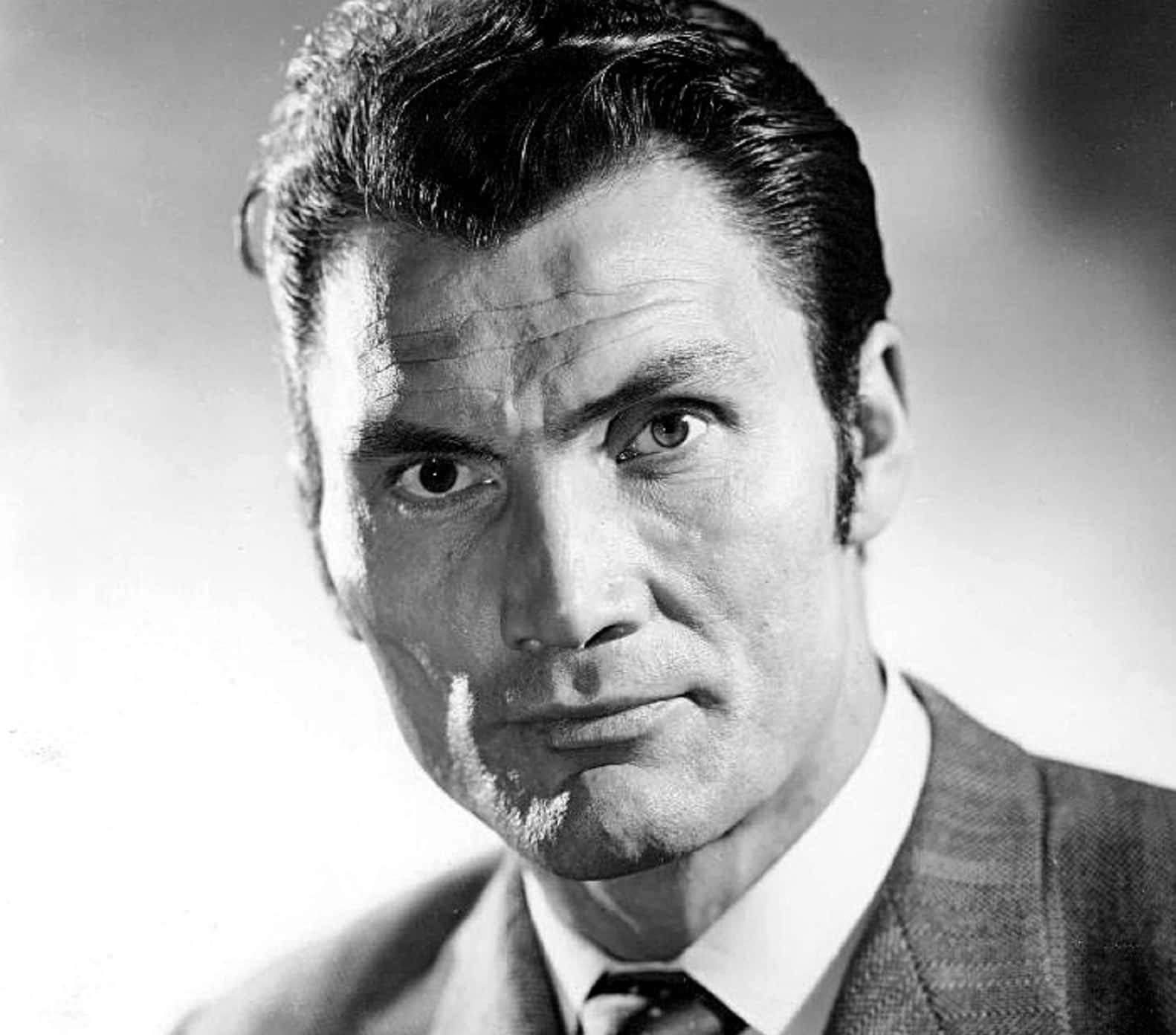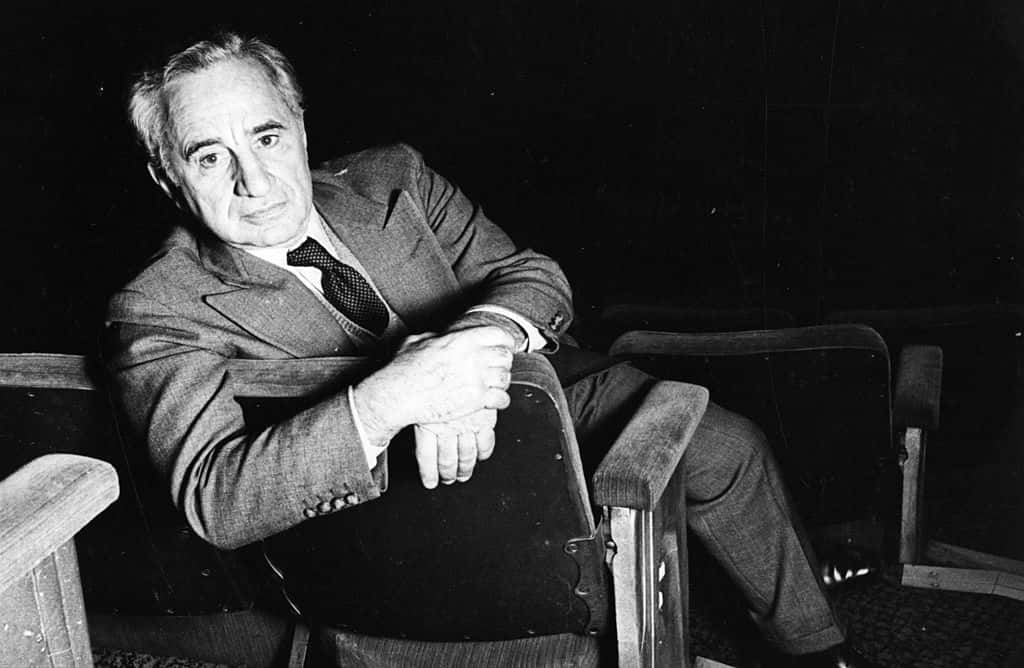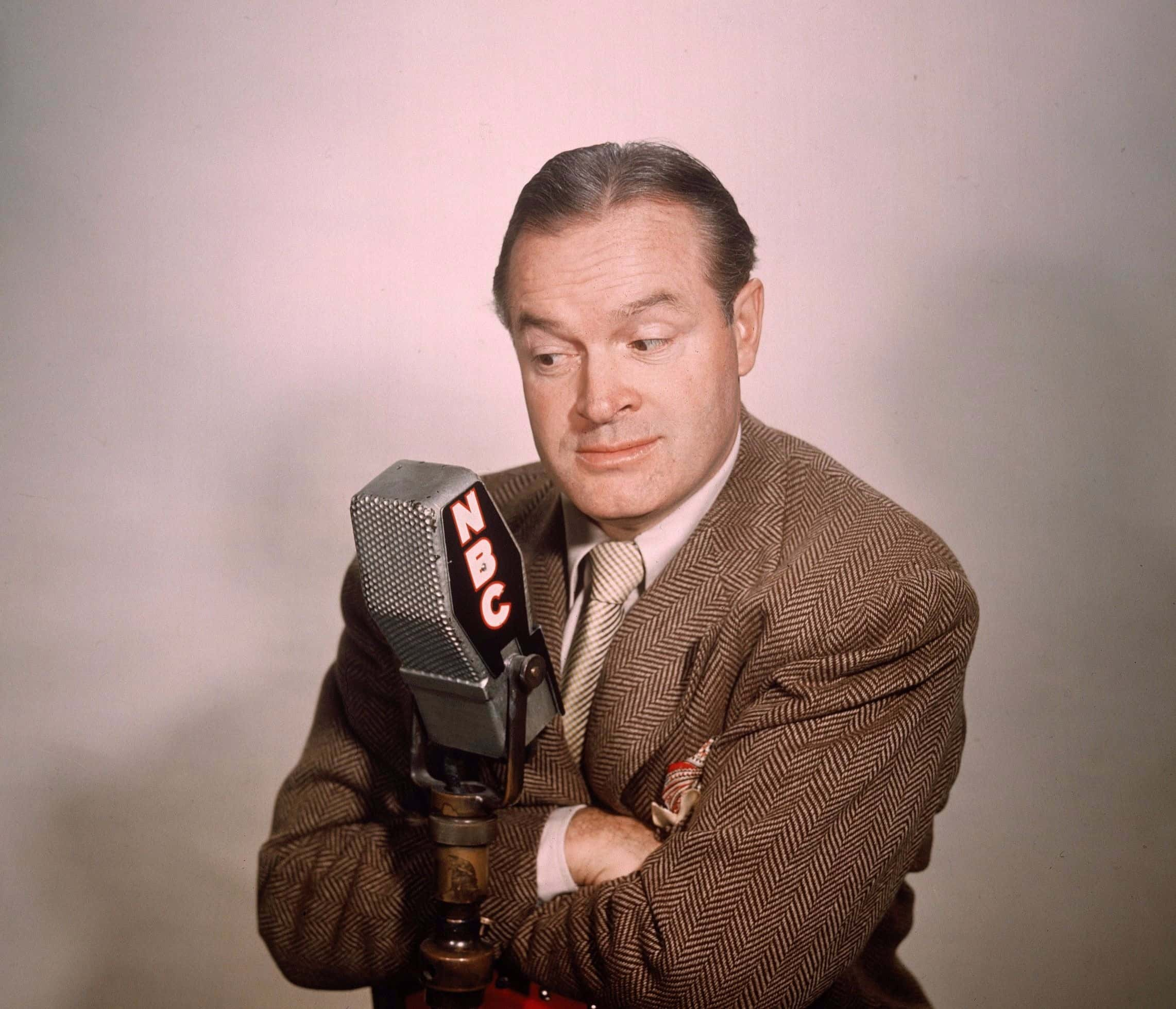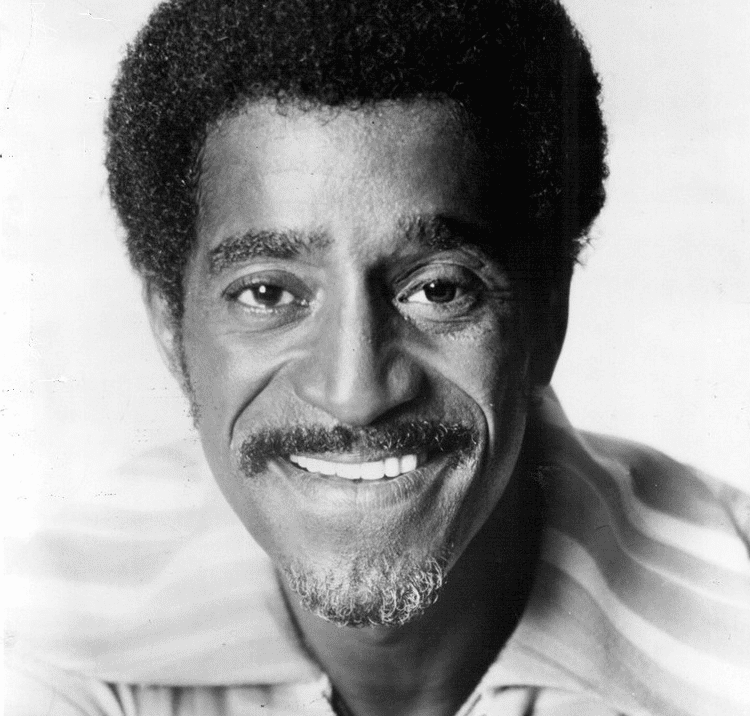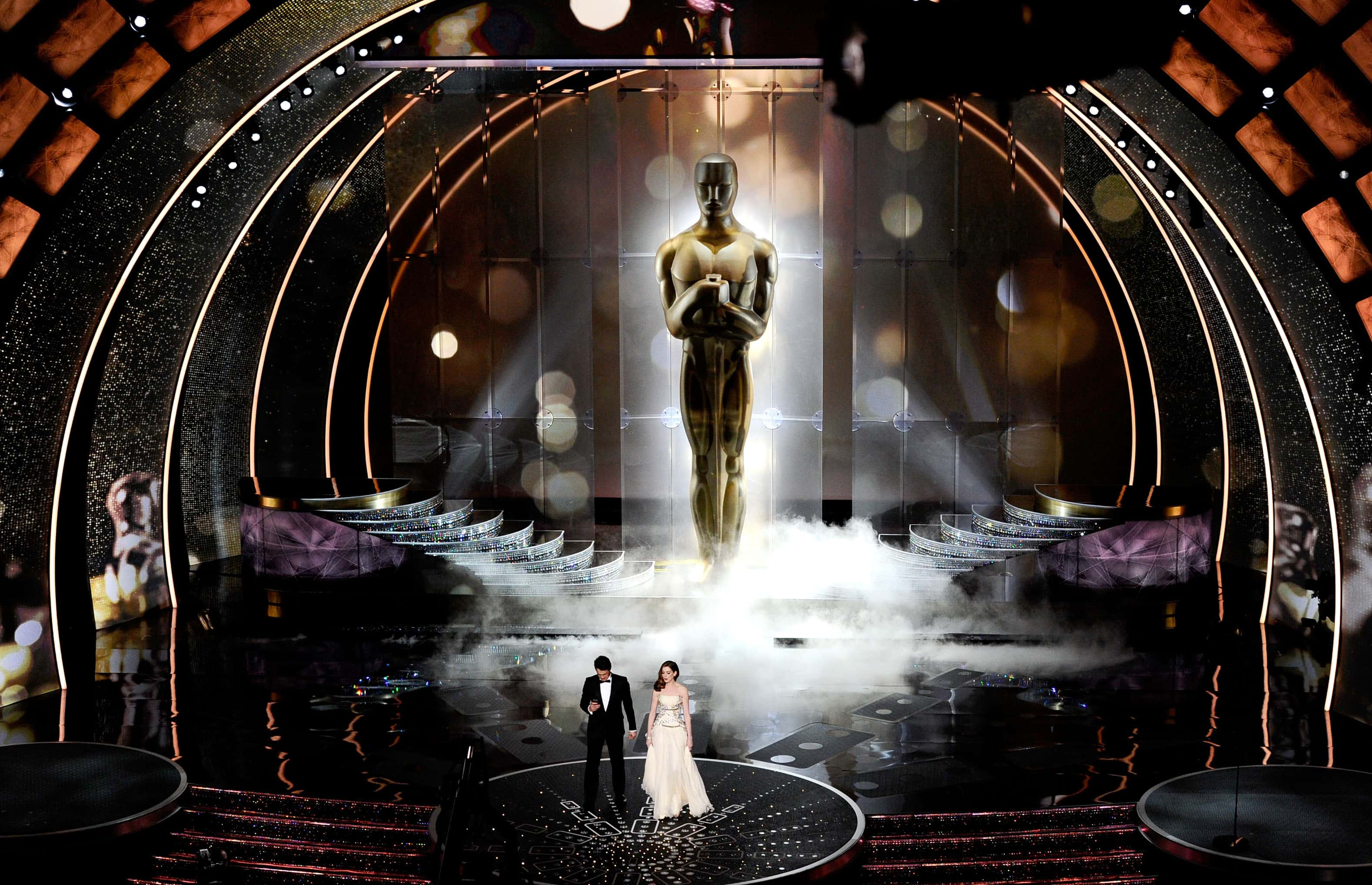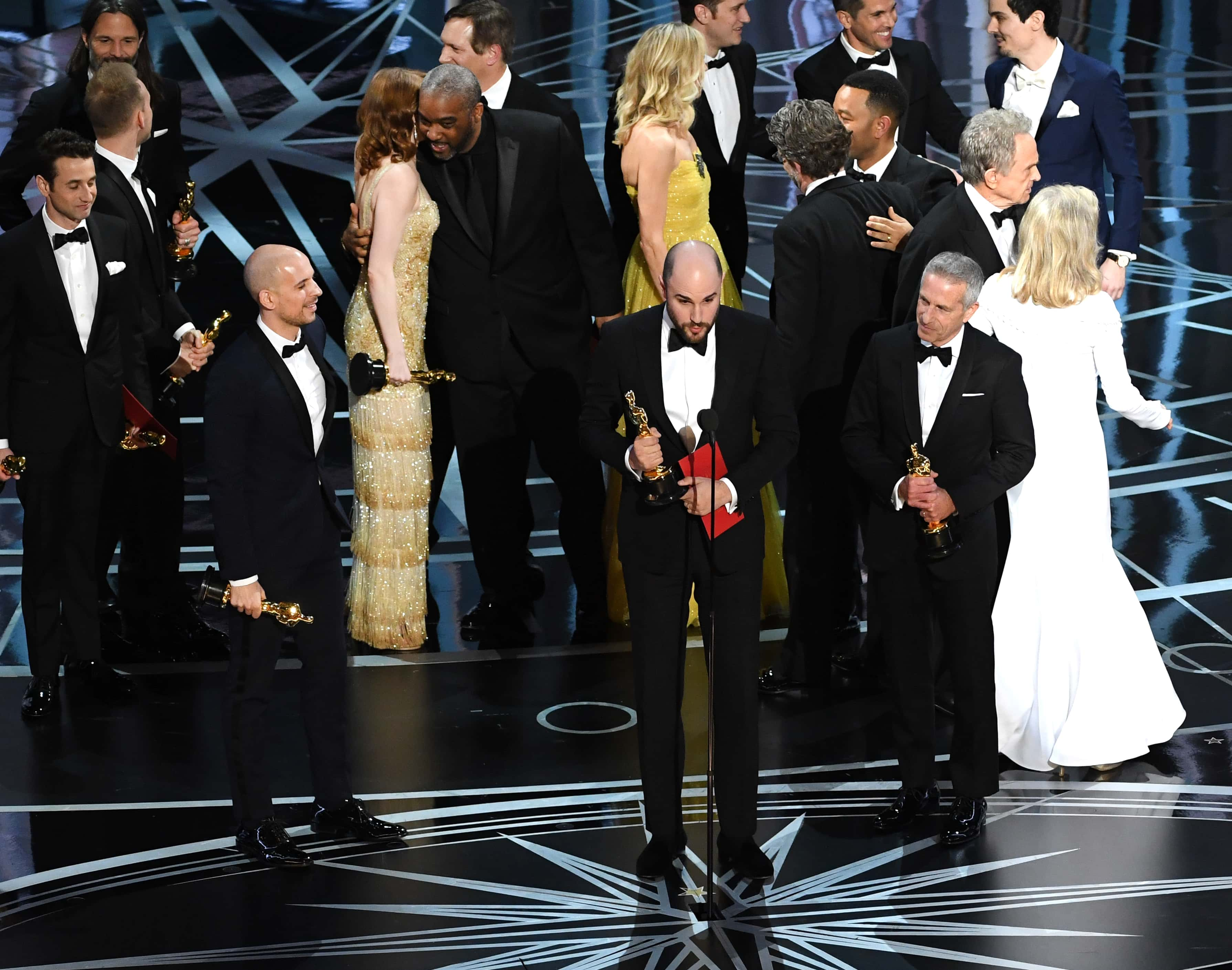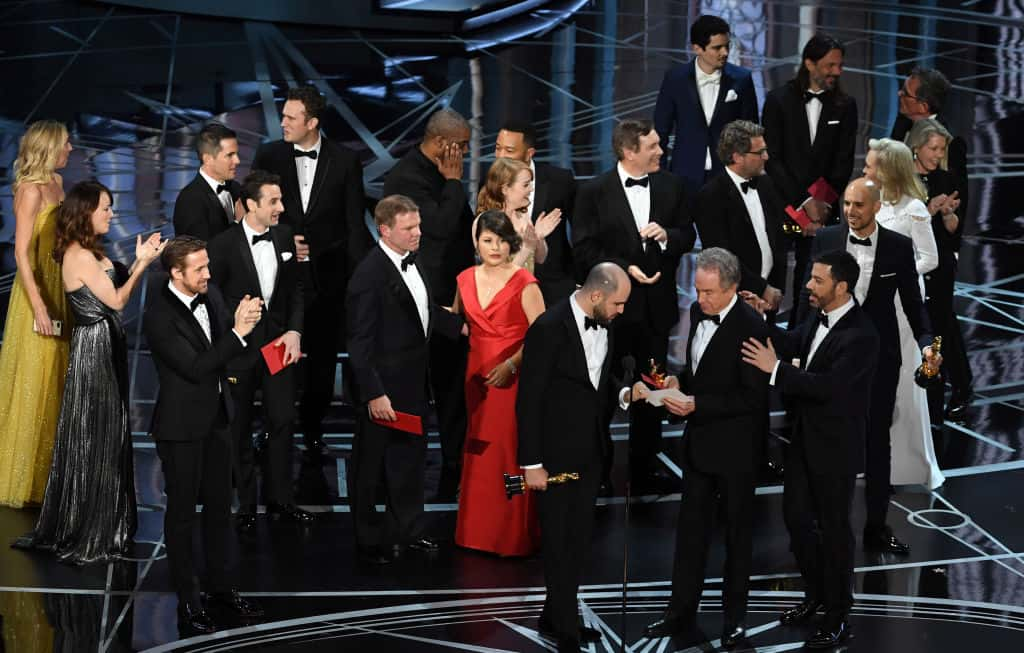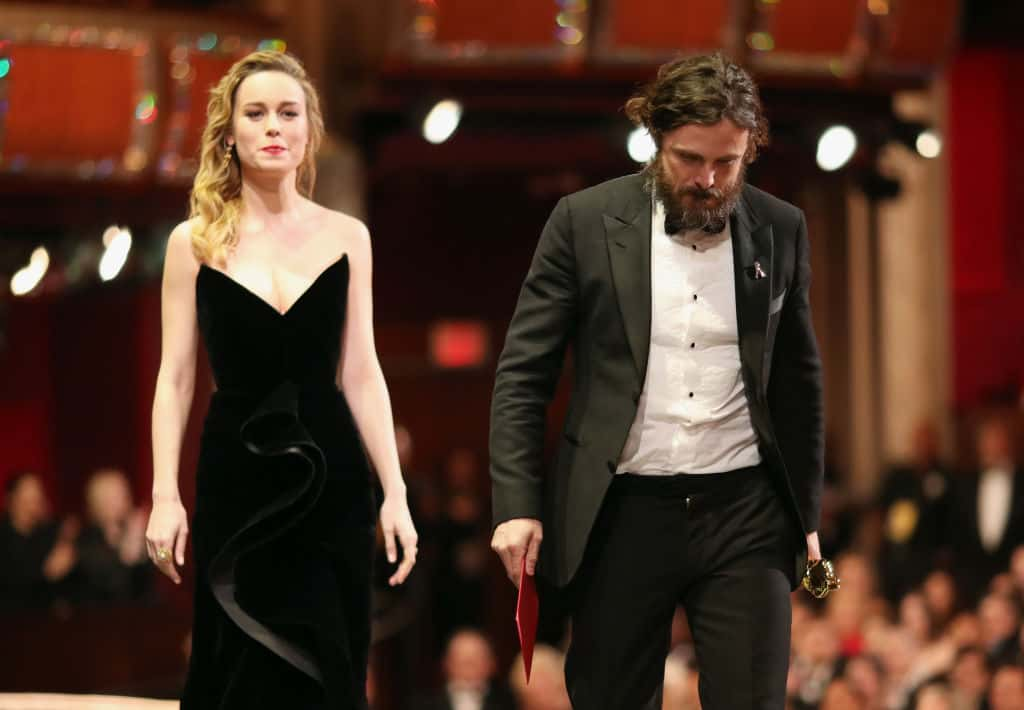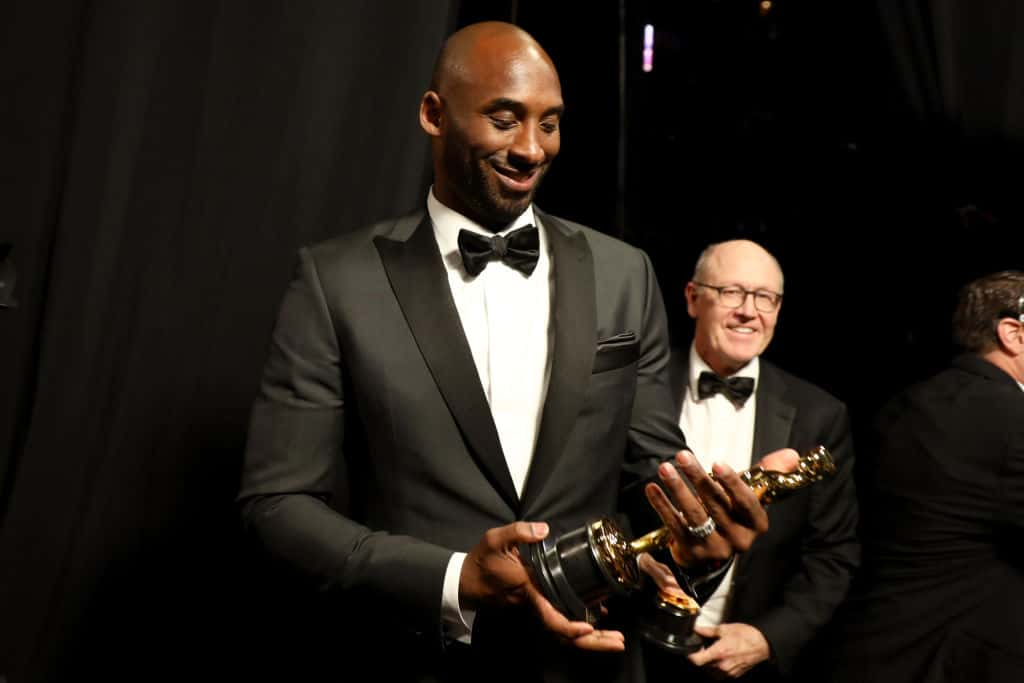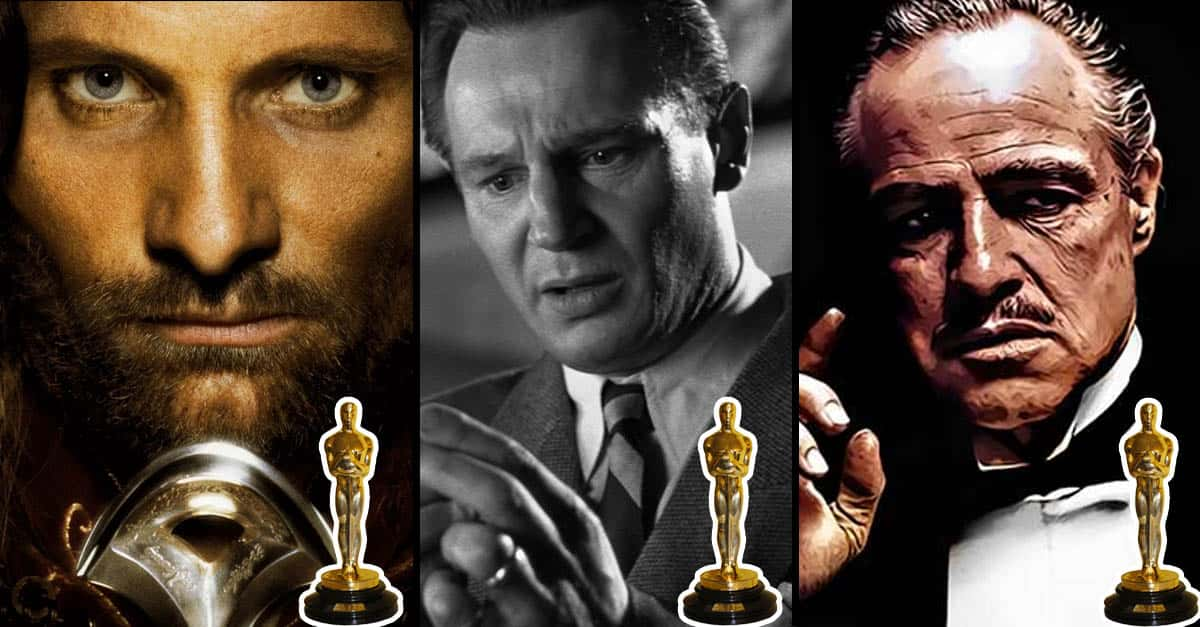Sure, there are the Golden Globes, the BAFTAs, the SAG Awards—but let's be real. The real be-all and end-all when it comes to film are the Academy Awards. It seems like, ever since they began, each year's ceremony has been marked by some sort of astounding triumph or heartbreaking defeat. Add in red carpet run-ins, flubs, controversial speeches, behind-the-scenes drama, and a pinch of Adele Dazeem, and you've got one of the most exciting nights of the year. Here are 60 scandalous facts the Academy Awards.
1. The Beginning
The first-ever Academy Awards were held in 1929 at a private dinner at the Roosevelt Hotel with only 270 people in attendance. The first ceremony took only 15 minutes—guess no one was doing speeches back then! The awards were first broadcast live via radio in 1930, and via television in 1953.
2. The Awards
There are currently 24 artistic and technical awards categories, though this hasn’t always been the case. Over the years, the Academy has given awards for categories such as Best Assistant Directing, Best Dance Direction, Best Unique and Artistic Picture, and Best Title Writing, though these categories have been discontinued.
Categories for Best Casting, Best Stunt Coordination, and Best Title Design have been proposed in recent years, but have been rejected.
3. First Ever
The very first Academy Award ever given out was for the Best Actor in 1929—it was actually awarded to its winner prior to the ceremony! Emil Jannings couldn't attend, so he was given the award in advance, but the surprise was ruined. In those days, the winners were announced three whole months before the ceremony. Kind of takes the suspense away!
4. Who is Oscar?
The “Oscar” statuette was created by sculptor George Stanley, said to be modeled on Mexican actor Emilio "El Indio" Fernández. The origins of the “Oscar” nickname are disputed: Bette Davis, who served as president of the Academy, claims to have named the statuette after her husband, band leader Harmon Oscar Nelson. Academy Executive Secretary Margaret Herrick claims to have coined the nickname in 1931 when she remarked the statue reminded her of her “Uncle Oscar.”
Walt Disney was quoted as having thanked the Academy for his “Oscar” in 1932—the first reported use—and the Academy officially adopted the nickname in 1939.
5. Inside Oscar
The Academy Award statuettes were originally made of gold-plated solid bronze, however the Academy switched to using Britannia metal, which is a pewter-like alloy subsequently plated in copper, nickel silver, and finally 24-karat gold. During World War II, due to metal shortages, the Oscar statues were made of painted plaster!
6. Verbal Gaffe
At the 2014 Awards, a sheepish-looking John Travolta announced the upcoming musical act, saying "Please welcome the wickedly talented, one and only Adele Dazeem” before Frozen star Idina Menzel took the stage to perform her hit “Let It Go.” Travolta took a lot of flak on Twitter for mispronouncing the singer’s name, but Menzel did get her revenge.
The following year she co-presented an award with her “dear friend Glom Gazingo,” Travolta himself.
7. Underdog
The first film to sweep the five major categories—that is, Best Picture, Director, Actor, Actress, and Screenplay—was It Happened One Night (1934). Columbia Pictures didn’t consider the film a front-runner, and neither of its stars, Claudette Colbert or Clark Gable, were terribly excited about it. Only two other films, One Flew Over The Cuckoo’s Nest (1975) and The Silence of the Lambs (1991), have received the “Big Five.”
8. Taking A Dive
Jennifer Lawrence is famous for toppling over on red carpets, but her first famous fall took place at a very inopportune time: as she climbed the stairs to accept an award for Best Actress at the 2013 Academy Awards. Lawrence must have stepped on the hem of her voluminous Dior ball gown. She showed grace and humor in her acceptance speech, joking "You're all only standing because I fell and you feel bad,” at the standing ovation she received from the audience.
We can only assume falling on the stairs was a minor annoyance compared to the incredible honor of winning the award!
9. Not-So-Brotherly Love
Angelina Jolie caused a stir in 2000 when she brought her older brother, James Haven, as her Academy Awards date. First, there was a kiss shared between the siblings on the red carpet, which raised eyebrows and set fingers wagging. Then, when she won the Best Supporting Actress Award for Girl, Interrupted, her acceptance speech caused even further scandal when she said, “I’m so in love with my brother right now. He just held me and said he loved me.”
She later called the media uproar around the sibling scandal “pathetic.”

History's most fascinating stories and darkest secrets, delivered to your inbox daily.
10. Diversity
Hattie McDaniel made history when she won Best Supporting Actress for Gone With The Wind in 1939, making her the first African American to win an Academy Award. 2008’s Slumdog Millionaire was the first entirely non-white cast to win Best Picture, and 2016's Moonlight was the first film with an all-black cast to win Best Picture.
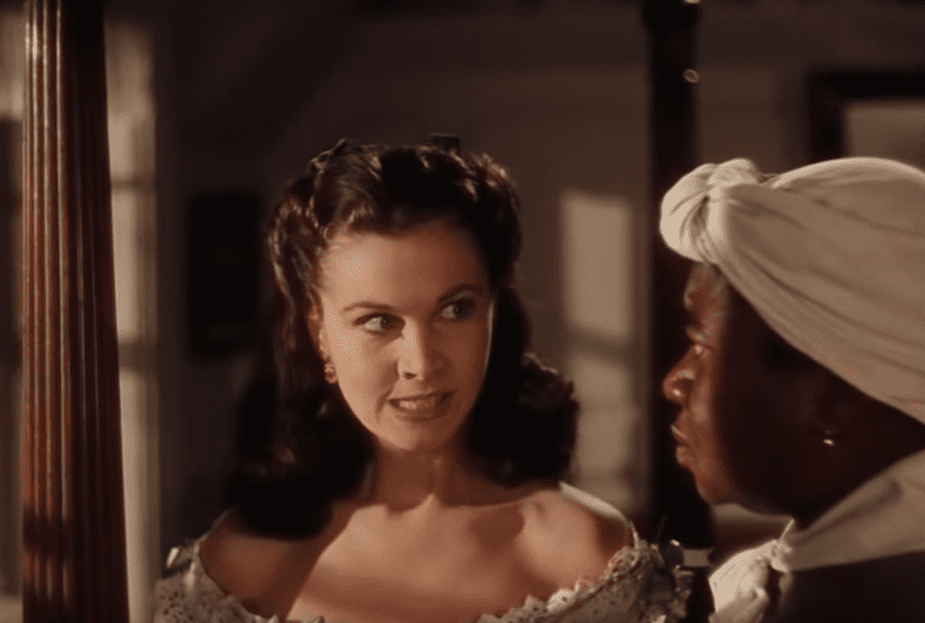 Gone With the Wind,Metro-Goldwyn-Mayer Studios Inc.
Gone With the Wind,Metro-Goldwyn-Mayer Studios Inc.
11. Second-Class Treatment
While McDaniel may have won, that didn't protect her from suffering a slew of racist indignities in the process. First, the hotel hosting the ceremony had to be convinced by the Academy to even let her in. However, their "benevolence" ended there—she was made to sit at a segregated table away from her white co-stars.
12. #OscarsSoWhite
The nominations for films made in 2015 included only white actors and actresses in the top four acting categories, sparking a public outcry and the Twitter hashtag #OscarsSoWhite. Hollywood insiders like Spike Lee and Will Smith threatened to boycott the awards. The Academy released a statement pledging to include more members of color in the Academy’s voting body.
13. Clueless
Chris Rock, host of the 2016 Academy Awards, embraced the #OscarsSoWhite movement and made many references to it in his speech, but not all his jokes landed. He brought out Clueless actress and former Fox News commentator Stacey Dash, calling her the "new director of our minority outreach program”—presumably a joke, as Dash has called for the dissolution of BET and Black History Month.
14. Ageless Talent
The youngest-ever nominee for an acting award was eight-year-old Justin Henry, for 1979’s Kramer vs. Kramer; the youngest-ever winner was Tatum O’Neal, who at 10 years old won Best Supporting Actress for Paper Moon in 1973. The oldest person to win an acting award was Christopher Plummer, who won Best Supporting Actor for Beginners at the ripe age of 82.
15. Secrecy
The accounting firm PriceWaterhouseCoopers has tallied the Academy Award ballots since 1934. The first Academy Award winners in 1929 were announced three months before the ceremony, but in 1930 the Academy began sending the names of winners to newspapers to be printed at 11 PM the night of the awards—until one newspaper ruined the entire ceremony.
In 1940, the Los Angeles Times announced the winners early. As a result, since 1941, the Academy has used a system of sealed envelopes opened on stage at the awards.
16. Life Is Playful
Roberto Benigni stole the show in 1999 when he jumped up and made his way to the stage partly by walking on the backs of the auditorium seats to accept the Best Foreign Language Film award for Life Is Beautiful. Benigni’s earnestness and glee in accepting the award was fitting for a film about making tiny moments magical even in the direst of circumstances; the film depicts a father using humor and strength of will to protect his son during the Holocaust.
Benigni’s speech itself was as memorable as it was incomprehensible, as he declared "This is the moment of joy, and I want to kiss everybody because you are the major of the joy, and he who kisses the joy as it flies lives in eternity's sunrise, say the poet."
17. A Crowded Mantlepiece
Katharine Hepburn holds the record for most Academy Awards for a performance—she’s won four. Walt Disney was the most honored person in Oscar history, receiving 59 nominations and winning 26 competitive awards throughout his career. Meryl Streep, who has taken home three of the coveted statuettes, has been nominated a record (for a performer) 21 times.
18. No Thanks
In 1936, at the eighth Academy Awards ceremony, screenwriter Dudley Nichols caused an early controversy by declining the award he won for The Informer. At the time, film studios were actively trying to prevent unionization and to raise awareness, both the Screen Actors Guild and the Writers Guild called for members to boycott the ceremony.
Nichols stuck to the boycott and skipped the ceremony. His principled stand made an impression: he was elected head of the guild a few years later.
19. Standing Up
Marlon Brando made a bold move in 1973 by sending Native American activist Sacheen Littlefeather in his place to decline his Academy Award for Best Actor in The Godfather. "He very regretfully cannot accept this very generous award," said Littlefeather, continuing, "and the reasons for this being are the treatment of American Indians today by the film industry.”
The stand had mixed results: the audience booed and cheered, and the actor John Wayne was reportedly waiting in the wings to drag Littlefeather off stage. Wayne had appeared in many Westerns in which Native Americans—and Native American actors—were treated poorly and without dignity.
20. Rated X
Many films are edited with an eye on ratings—the more restricted a rating, the fewer people may see it, and the less chance it may have to garner a coveted Oscar nomination. Midnight Cowboy (1969), which tells the story of a Texan dishwasher-turned-hustler, was the first and only X-rated film ever to win Best Picture.
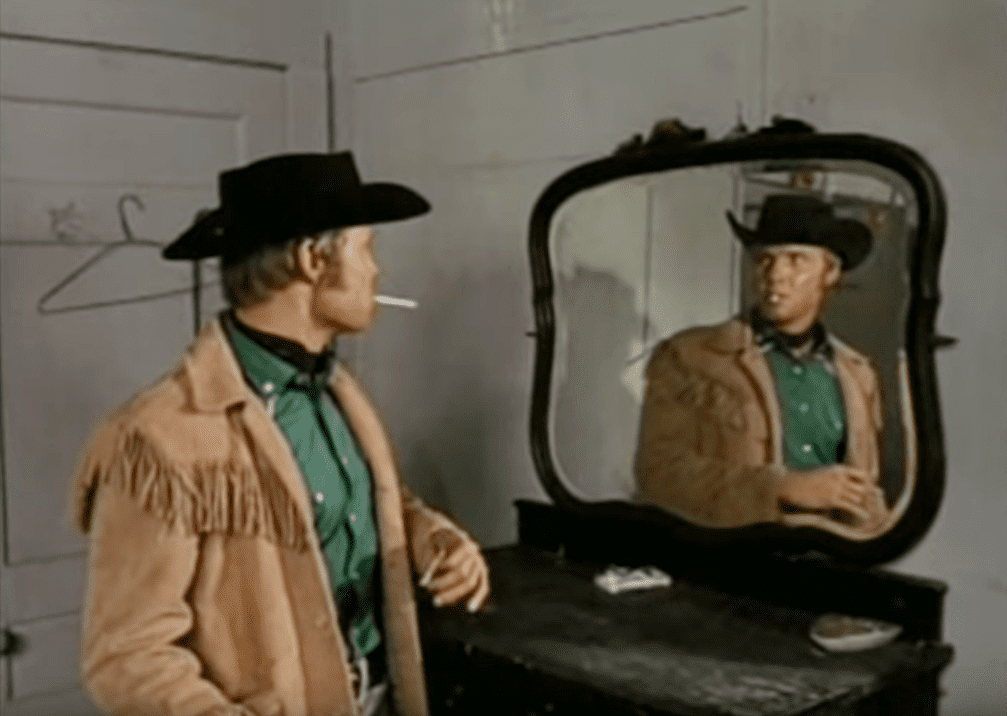 Midnight Cowboy (1969), United Artists
Midnight Cowboy (1969), United Artists
21. Who Owns Oscar?
The Oscar statuettes are the legal property of the winners. However, since 1950 there is a stipulation that before the winners or their heirs may sell the statues, they must be offered back to the Academy at a price of $1. In 2011, the statue won by Orson Welles in 1941 for Citizen Kane (Best Original Screenplay) was put up for sale by his heirs—the Academy contested the sale, but the heirs won after contending that Welles had never signed anything promising to return the statue to the Academy.
The statue sold at auction for $861,542!
22. Giving It Up
The only living recipient to have sold an Oscar is Harold Russell, who sold his award in 1992 to raise money for his wife’s medical expenses. Because he had received his award prior to 1950, he had made no agreement to return it. He defended the sale of his award, saying "I don't know why anybody would be critical. My wife's health is much more important than sentimental reasons. The movie will be here, even if Oscar isn’t."
Russell sold his 1946 Oscar for Best Supporting Actor in The Best Years Of Our Lives to a private collector for $60,500.
23. Her?
Many were shocked when Marisa Tomei won the Best Supporting Actress Oscar in 1993 for the film My Cousin Vinny. She was young, and she was up against some of the most accomplished actresses in Hollywood at the time—but the surprise of it all came with a disturbing dark side. Soon, conspiracy theories began to abound, saying that presenter Jack Palace had announced the wrong name and that the Academy had covered it up instead of admitting to the mistake.
Those theories were all debunked, and hopefully, Tomei didn't take the public's doubt of her acting abilities too seriously.
24. Oprah, Uma
Funnyman David Letterman was invited to host the Oscars in 1995, but he didn’t charm everyone. The gap-toothed comedian was perhaps more used to late-night audiences, and many of his jokes fell flat, including an extended and recurring bit where he introduced Oprah Winfrey to Uma Thurman: he repeated “Oprah, Uma. Uma, Oprah” ad nauseam.
Winfrey reportedly wasn’t too pleased at having her name lampooned: she wouldn’t appear as a guest on his talk show for the next 16 years!
25. The Razzies
The day before the Academy Awards, another storied awards ceremony takes place: the Golden Raspberry awards, which honor the worst performances in a given year. There are a select few Hollywood stars who have the honor of having won both an Academy Award and a Razzie (Laurence Olivier, Liza Minnelli, and Kevin Costner, to name a few).
Only one star ever won two in the same weekend, though. That honor went to Sandra Bullock, who picked up her Razzie in 2010 for her performance in the comedy flop All About Steve the night before winning the Oscar for Best Actress in The Blind Side. She left a charity event to pick up her award in person and took the stage carrying a wagon full of DVDs of her winning film, one for every person in the audience.
Now that’s tact!
26. The Goose That Laid The Avant-Garde Egg
Icelandic singer Bjork is known for her wild and unique style, and she didn’t hesitate to bring her A-game to the red carpet when she was nominated for the song “I’ve Seen It All” from 2000’s Dancer In The Dark, which she also starred in. The pixie-like singer appeared on the red carpet in her now-notorious “Swan Dress.” It immediately became a part of Oscar history, but few remember the bizarre act that accompanied the outfit.
Bjork completed the ensemble by mimicking laying an egg on the carpet.
27. Convicted & Cowardly
Roman Polanski didn’t attend the ceremony in person to accept his Best Director Award for The Pianist in 2003: Polanski is a convicted rapist who fled his sentencing and has lived abroad ever since. Polanski was convicted of the crime in 1977, and declined to attend the ceremony for fear of being arrested.
He nevertheless garnered a standing ovation by some attendees after he won. Others, such as Jack Nicholson, in whose home Polanski committed the crime, stayed seated.
28. Not A Lesser Actress
Marlee Matlin, who won the Best Actress award in 1986 for Children of a Lesser God, is the only deaf performer to ever win an Academy Award. The film, an adaptation of a Broadway play, told the story of two employees of a school for the deaf wrestling with differing ideas about speech and deafness in their budding romantic relationship.
However, that wasn't the only record-breaking that Matlin did that year. She also holds the record for youngest Best Actress winner—she was just 20 years old at the time.
29. The Longest Time
The longest-running Best Picture nominee was Gone with the Wind (1963) at 224 minutes. The longest fictional movie to ever win an Academy Award was Russia's War and Peace (1968) at 431 minutes, which won Best Foreign Language Film.
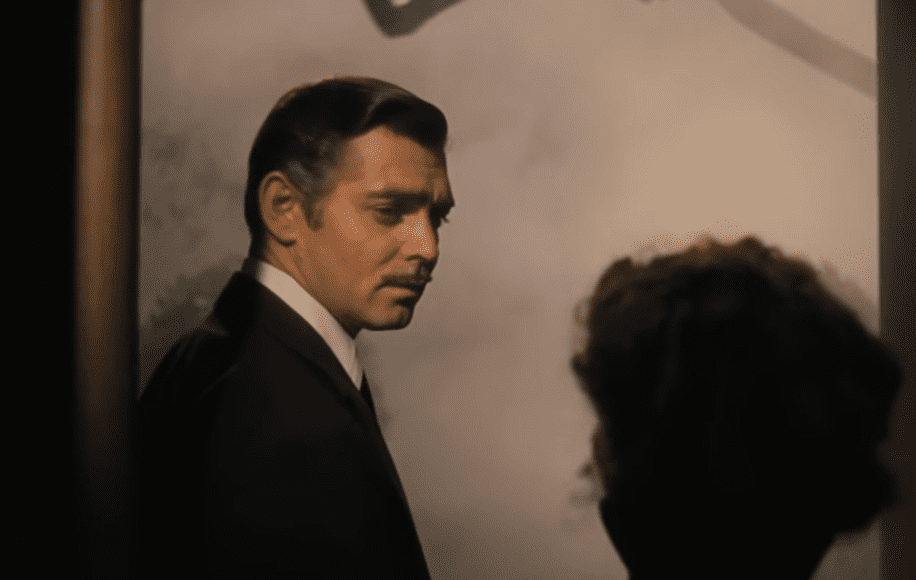 Gone with the Wind, Metro-Goldwyn-Mayer
Gone with the Wind, Metro-Goldwyn-Mayer
30. Posthumous Award
Heath Ledger passed away on January 22, 2008. On the anniversary of his death in 2009, it was announced that he was nominated for Best Supporting Actor for his role as the Joker in The Dark Knight. Ledger won, and his family was there to collect his Best Supporting Actor Oscar. Ledger had never won an Academy Award before, although he had been nominated for his work on Brokeback Mountain.
31. Husband & (Ex-) Wife
Kathryn Bigelow’s historic win of Best Picture and Best Director for The Hurt Locker in 2009 must have been extra sweet: the film was not only the first film by a female director to win either category, but she also beat out her ex-husband James Cameron, who was nominated for Avatar.
32. Best Dressed?
Seeing the gorgeous gowns on the red carpet is possibly as exciting as finding out who wins, but most dresses will only be worn once. Trey Parker and Matt Stone, who attended the Oscars for their movie South Park: Bigger Longer & Uncut, chose to pay tribute to two signature looks from red carpets gone by. Parker wore an approximation of the green Versace dress worn by Jennifer Lopez at the 2000 Grammy red carpet, while Matt Stone showed up in a pastel pink gown resembling Gwyneth Paltrow’s 1999 Oscar ensemble.
They both left empty-handed, and didn’t even make the “best dressed” list.
33. Surprise Kiss
Award presenters are often thanked and hugged by happy winners as they accept their awards, but sometimes the winners go too far. When Adrien Brody won Best Actor in 2003 for his performance in The Pianist, he accepted his statuette from presenter Halle Berry and showed his appreciation by grabbing her and planting a kiss on her mouth.
Maybe it was a show of youthful enthusiasm? The win made 29-year-old Brody the youngest Best Actor winner ever.
34. Record Time
Charlie Chaplin had been persecuted by the McCarthy administration’s “witch hunts” over communism in the 1950s, had fled America to Switzerland, and was not permitted to return. The silent screen actor was finally allowed to come back, however, to accept an Honorary Award at the Academy Awards in 1972. Before receiving the award, Chaplin received a 12-minute standing ovation!
35. Controversy
Michael Moore took the stage in 2003 to accept an Oscar for his documentary Bowling for Columbine, and brought with him all his fellow documentary nominees “in solidarity”—but not because he didn't think he deserved his award. Rather, they were to stand in in solidarity with the anti-war, anti-Bush statement that Moore delivered in lieu of an acceptance speech.
His statement shocked the Academy, earned him boos, and got him played off stage as fast as the orchestra conductor could pick his jaw up off the ground.
36. The Year Without An Oscar
Since the beginning of the Academy Awards, the only year without an Oscar ceremony was 1933. The Academy switched its eligibility calendar around and began honoring films released in the calendar year of January 1 through December 31. As a result, the 1934 ceremony honored films made in the previous seventeen months.
37. Write-In
When the Oscars returned in 1934, there were some changes made to the awards themselves: awards for Best Original Song, Best Original Score, and Best Film Editing were added, as well as a space for write-in candidates. The write-in space lasted only two years, and in 1936 cinematographer Hal Mohr became the first and only person ever to win an Oscar they weren’t officially nominated for, for his work on A Midsummer Night’s Dream.
38. Is That All There Is?
The Academy Awards are often lampooned or criticized for their length, including the long and meandering acceptance speeches that all too many stars seem prone too—but one year, they not only went short, they were 20 whole minutes short. The host that year was Jerry Lewis, and it was his third time in that position, so he was comfortable enough to resort to a little improvisation.
He brought some of the stars in the audience up on stage and made them dance with him.
39. You Like Her!
Sally Field's speech in acceptance of the Best Actress award for Places In the Heart in 1985 took a place in Oscars infamy with just three little words: “You like me!” Field beat out Jessica Lange, Sissy Spacek, and Vanessa Redgrave to deliver what would become an oft-quoted speech: "I haven't had an orthodox career and I've wanted more than anything to have your respect," she said. "I can't deny the fact that you like me. Right now, you like me!”
Less well-known is the fact that this was Field’s second win in this category: she’d won in 1980 for her role in Norma Rae. Apparently that she was liked wasn’t news at all!
40. Surprise Appearance
In 2008’s Hugh Jackman-hosted Oscars extravaganza, he and Beyoncé Knowles performed a musical homage to the cinematic musical number, appearing with the stars of Mamma Mia and High School Musical. Also making an appearance: Beyoncé's left nipple, as Jackman dipped her on stage! It wasn’t the only bare nipple in attendance, as earlier on the red carpet, Sharon Stone appeared in a sheer dress with no bra.
41. Best Animated Host
In 1958, Donald Duck made Oscar history by becoming the first non-human host of the Academy Awards ever...wait, what? That’s right, years before CGI technology was available, Donald Duck, projected on a screen on stage, was animated to appear to interact with the human hosts. Though the Oscars are usually a black-tie formal affair, Donald wore his signature sailor’s shirt and no pants.
42. Green Room Selfie
When Ellen Degeneres hosted the Oscars in 2014, she almost inadvertently broke the internet by tweeting a selfie taken with Hollywood stars Brad Pitt, Bradley Cooper, Jennifer Lawrence, Meryl Streep, and others. The bit was pre-rehearsed (but only Streep was supposed to be in the original planned photo), but at the last minute, Bradley Cooper grabbed the phone and took a group photo.
The selfie was retweeted over 750,000 times in the first 45 minutes, and became the most retweeted tweet of all time!
43. No Tux For This Guy!
Tux and black tie is the norm, but in 1974, photographer Robert Opel took his fashion cues from Donald Duck—that is, no pants. And no shirt either! Opel ran nude across the stage just as David Niven was about to introduce Elizabeth Taylor. Streaking may be common at sports games, but it was an Oscar first (and, thankfully, last).
Niven kept completely cool. Perhaps most surprising of all? Opel was neither kicked out nor arrested, and in fact gave a press conference after the show, saying, "People shouldn't be ashamed of being nude in public. Besides, it is a hell of a way to launch a career.”
44. Tie Game
Ties in Oscar voting are incredibly rare, but it does happen. In 1969, The Oscar for Best Actress was shared by Katharine Hepburn and Barbra Streisand, who won for The Lion In Winter and Funny Girl, respectively. Presenter Ingrid Bergman was visibly shocked when she opened the envelope. The tie was made less awkward by the fact that Hepburn, a notorious recluse, didn't attend the show, leaving Streisand to bask in the moment of her first Oscar win.
45. Not Interested
Turning down an Academy Award is a big statement, but not everyone takes the Oscars so seriously. Actor George C. Scott was vocal about his disdain for the glitzy ceremony: "The ceremonies are a two-hour meat parade, a public display with contrived suspense for economic reasons,” he told the Los Angeles Times. He wanted no part of it, and wouldn’t attend if nominated.
The Academy honored him anyway in 1970 for Best Actor for his role in Patton...but he didn’t even bother to show up. Frank McCarthy, who produced Patton, “accepted” the award on Scott’s behalf, thanking the Academy for recognizing Scott as a fine actor but making no mention of why Scott was absent.
46. Best Speech Ever!
Jack Palance made an impression when he accepted his Oscar in 1992 for Best Supporting Actor in City Slickers. The 72-year-old Palance didn’t miss an opportunity to prove he still had it: after a few jokes and thank-yous, he dropped to the stage and did a set of one-armed push-ups!
47. Crash Landing
You can't be right 100% of the time. Sometimes, a movie or performance wins an Oscar, and days, months, or years later, members of the Academy can look back and say "What were we thinking?" One example of a Best Picture winner that garnered near-instantaneous backlash was Crash's win in 2006. The heavy-handed Paul Haggis feature beat out Ang Lee's Brokeback Mountain.
One would think that those who voted would keep their regret a secret, many have gone on record saying that voting for Crash was their greatest regret. In fact, even director Paul Haggis questioned the win in hindsight.
48. The Rat
Anyone who's ever done a crossword is probably at least familiar with the name of Elia Kazan (am I the only one who's noticed how much they use his name?) Kazan was a director and producer in the 1950s known for films like On the Waterfront and East of Eden. In 1999, he was given the Lifetime Achievement Award at that year's Oscars—only a number of notable stars to stay seated during the standing ovation for Kazan.
Kazan was widely criticized for testifying against his contemporaries during the hearings that led to the Hollywood blacklist, and the bad blood was still boiling on that night in 1999. There were protests outside the event venue, and Nick Nolte, Ed Harris, and Amy Madigan were among the stars who stayed seated during the standing ovation.
49. Ladies And Gentlemen, Your Host…
There’s no gig quite like hosting the Academy Awards! Some may make it look easy, like Bob Hope, who hosted a record 18 times. Other hosts who were invited back multiple times were Whoopi Goldberg has hosted four times, and Billy Crystal hosted nine times.
50. First Things First
Sammy Davis Jr. was the first black host, sharing the stage with Helen Hayes, Alan King, and Jack Lemmon in 1972, and the first female host was Agnes Moorehead, who shared hosting duties with singer Dick Powell in 1948.
51. Is No Host Better Than a Bad Host?
Of course, there's also been a fair share of flops over the years. Seth MacFarlane and the duo of James Franco and Anne Hathaway prove that it takes more than just showing up to win over an audience of Hollywood’s best and brightest. Some never even make it to the stage: Kevin Hart was supposed to host in 2019, but when a series of old, homophobic tweets emerged, he stepped down, and the show went on without a host.
The ceremony will go host-free again in 2020.
52. Consolation Prize
There have been many cases where the Academy has been accused of awarding actors or directors for sentimental reasons after years where they went unrecognized. Two popular examples are actor Leonardo DiCaprio and director Martin Scorsese. Until 2016, DiCaprio had been nominated for an Oscar four times and had not won. That year, he won the Best Actor trophy for The Revenant—a performance that many argued wasn't up to the same quality as the work recognized by his previous nominations; for example, What's Eating Gilbert Grape or The Aviator.
Scorsese had been nominated for Best Director five times, including for Raging Bull and Goodfellas, but after many snubs, finally won for The Departed. Many argue that these wins were more symbolic, based on the merit of previous work—but really, only the voters know their own intentions when it came to these votes.
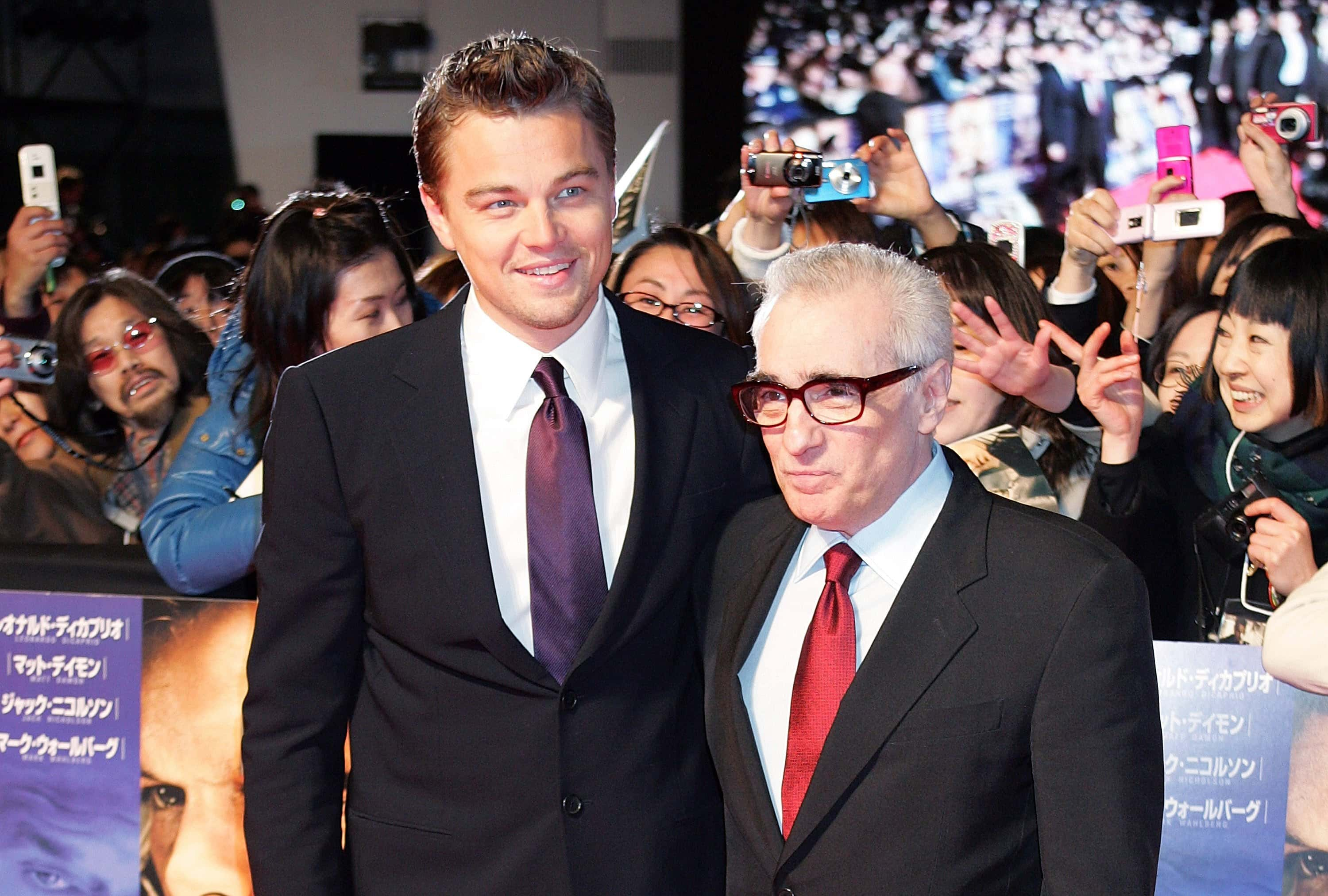
53. No Take Backsies
While some films that have been nominated have been disqualified prior to the awards ceremony for various reasons, there is just one film that had its trophy revoked afters an initial win. Young Americans won for Best Documentary Feature in 1969, but then, the truth came out. The film had actually been released in 1967, making it ineligible, as the awards were for films released in 1968.
A month after the ceremony, the award was taken back and given to the first runner-up, Journey Into Self.
54. Top Secret
Since the adoption of the sealed envelope system in 1941, only two accounting executives at PriceWaterhouseCoopers have known who the award winners are. Two identical sets of sealed envelopes are brought to the awards ceremony by the executives, who then hand the envelopes over to be opened live on stage by presenters. This duplicate system exists in case something bad befalls one executive or one set of envelopes.
55. The Mix Up
This two envelope system caused a catastrophe in 2017 when the duplicate envelope of the Best Actress award was handed to a presenter instead of Best Picture—the presenter, actor Warren Beatty, then mistakenly announced the Best Picture winner as La La Land when in fact Moonlight was the true winner. Producers of La La Land had already accepted the award and begun their speeches by the time the error was corrected.
It was a huge disappointment for La La Land, a robbed moment for Moonlight, and an embarrassment for PriceWaterhouseCoopers—but the worst was yet to come.
56. The Aftermath
The blame fell squarely on the shoulders of PwC accountant Brian Cullinan. He had already been warned not to use social media or his phone throughout the awards ceremony, but he was shown to have taken a photo of Emma Stone which he tweeted at the same time he was supposed to be handing off the Best Picture envelope, resulting in the confusing mix-up where he handed out the duplicate Best Actress envelope instead.
Cullinan had his face splashed across tabloid covers, his family stalked, and photos of his home published by the Daily Mail. Eventually, PwC hired security for the entire family, and he was asked never to return to the Oscars again.
57. Woke
Brie Larson has joined the golden club of Academy Award winners in 2016 for her performance in Room. Larson’s character was a victim of sexual abuse, and that fact wasn't lost on her. Larson made sure to hug all the sexual assault survivors who graced the stage during Lady Gaga for Gaga’s performance of "Til It Happens To You."
58. Cold Shoulder
After winning the Best Actress Oscar in 2016 for Room, Brie Larson was there the next year to present the Best Actor trophy—but few noticed her chilling reaction after she read the winner’s name. Larson appeared disturbed when she opened the envelope and read Casey Affleck's name, and refused to clap for him after handing him the award.
That year, it came out that Affleck had been sued for the alleged sexual harassment of two women (with suits settled in 2010). When asked to comment on her reaction, Larson said that: "…whatever I did onstage kind of spoke for itself."
59. I'd Like to Thank My Agent
Kobe Bryant was a basketball legend before his untimely death in early 2020, but few remember that he was also an Oscar winner. His 2017 animated short film Dear Basketball paid tribute to his love of the sport, and Bryant took on both writing and narrating duties for the movie. The Academy Awards duly honored it, and it nabbed the golden statuette for Best Animated Short Film—but afterward, the Academy dealt him a heartbreaking blow.
60. Thanks But No Thanks
Anyone who is nominated or wins an Oscar becomes eligible to join the governing body of the Oscars, the Academy of Motion Picture Arts and Sciences. Bryant was invited to join by the Short Films and Animation division, but after a great deal of controversy over his win with regards to a 2003 assault case, the Academy’s governors committee went on to rescind the invitation.
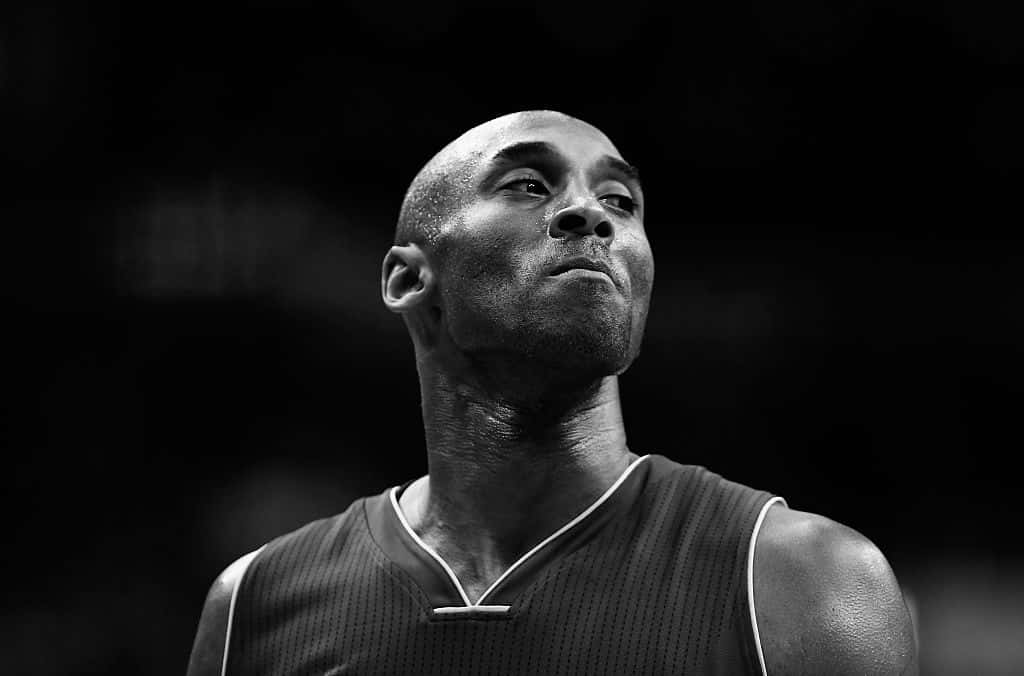 Getty ImagesSources: 1, 2, 3, 4, 5, 6, 7, 8, 9, 10, 11, 12, 13, 14, 15, 16, 17, 18, 19, 20, 21, 22, 23, 24, 25, 26, 27, 28, 29, 30, 31, 32
Getty ImagesSources: 1, 2, 3, 4, 5, 6, 7, 8, 9, 10, 11, 12, 13, 14, 15, 16, 17, 18, 19, 20, 21, 22, 23, 24, 25, 26, 27, 28, 29, 30, 31, 32

